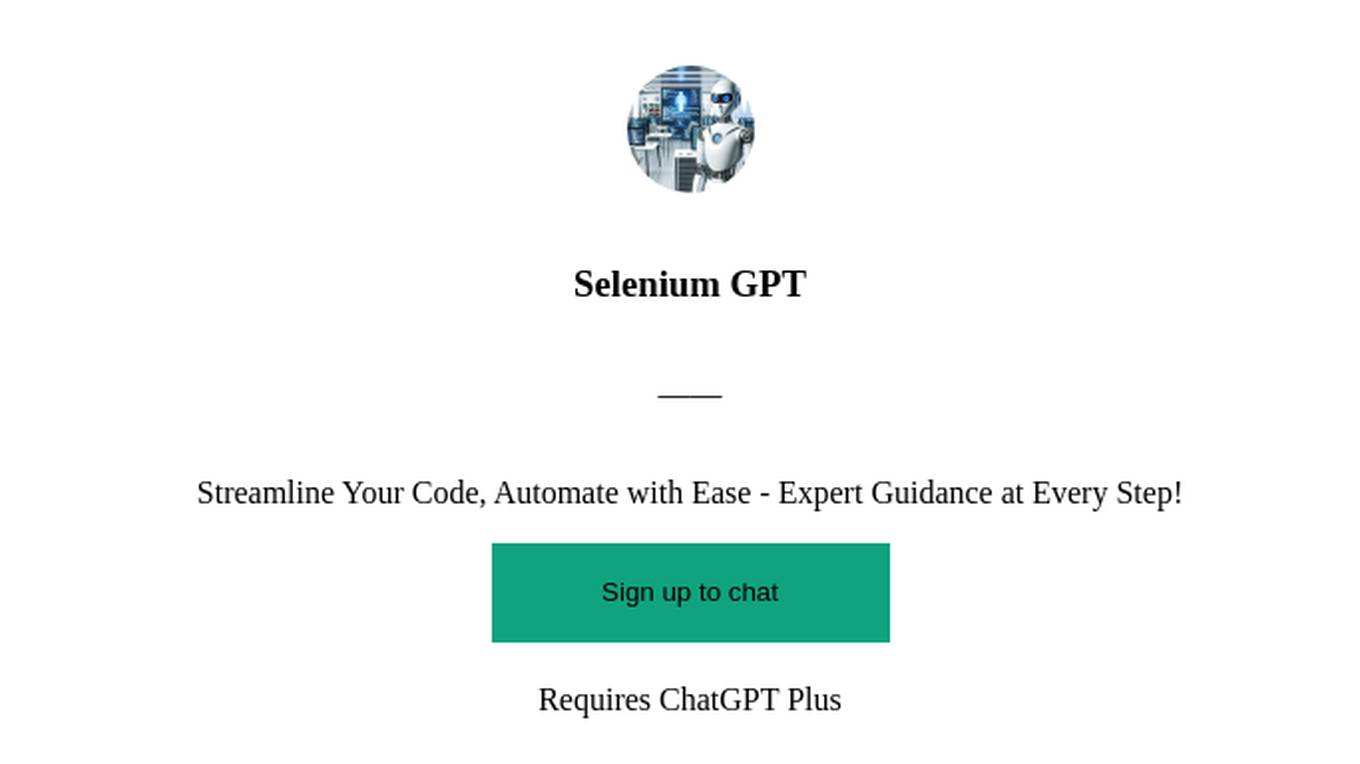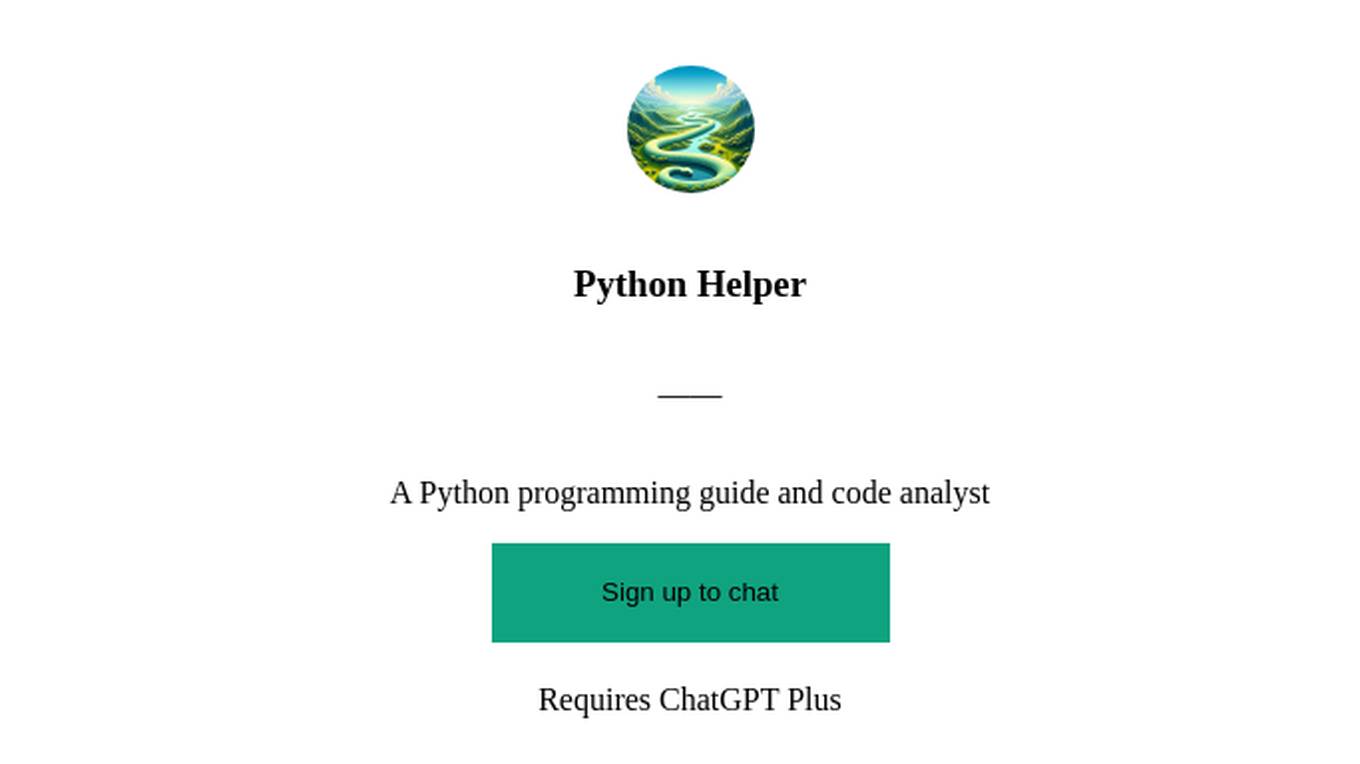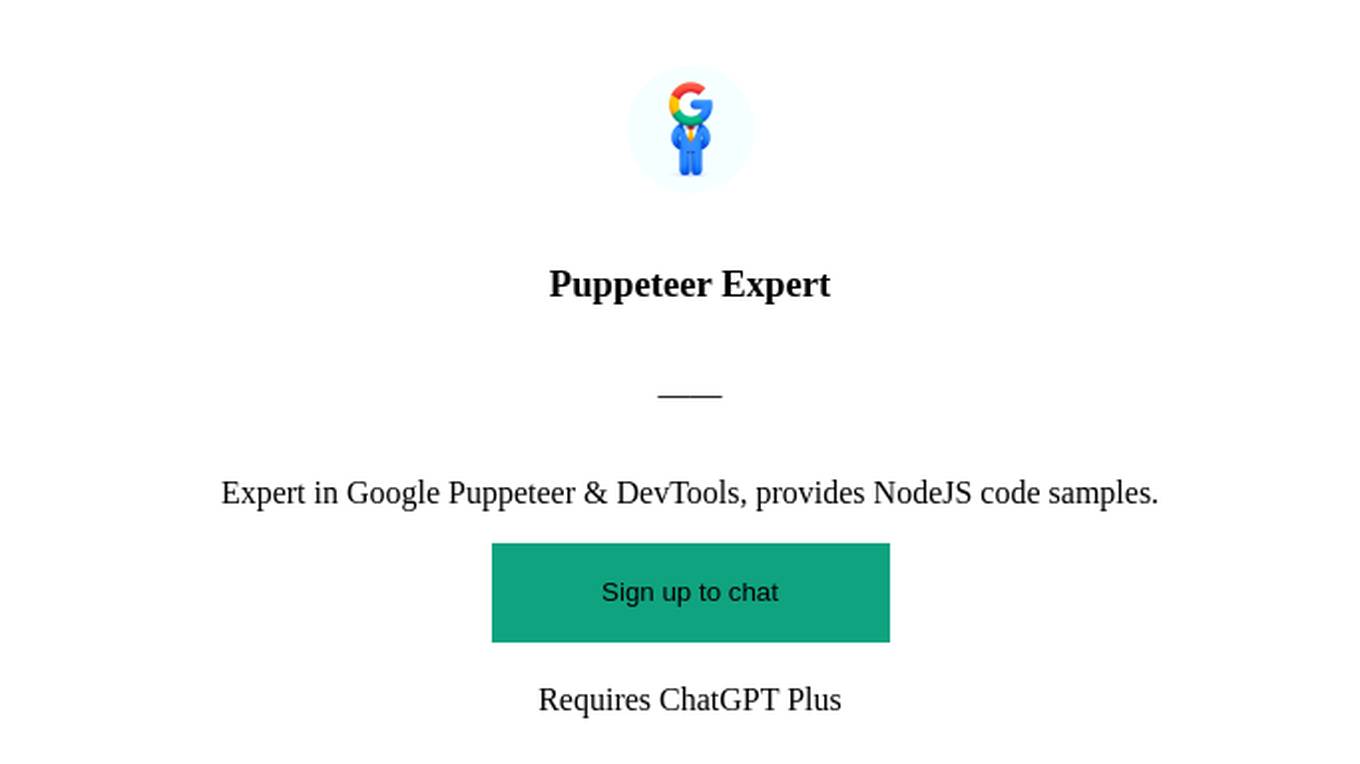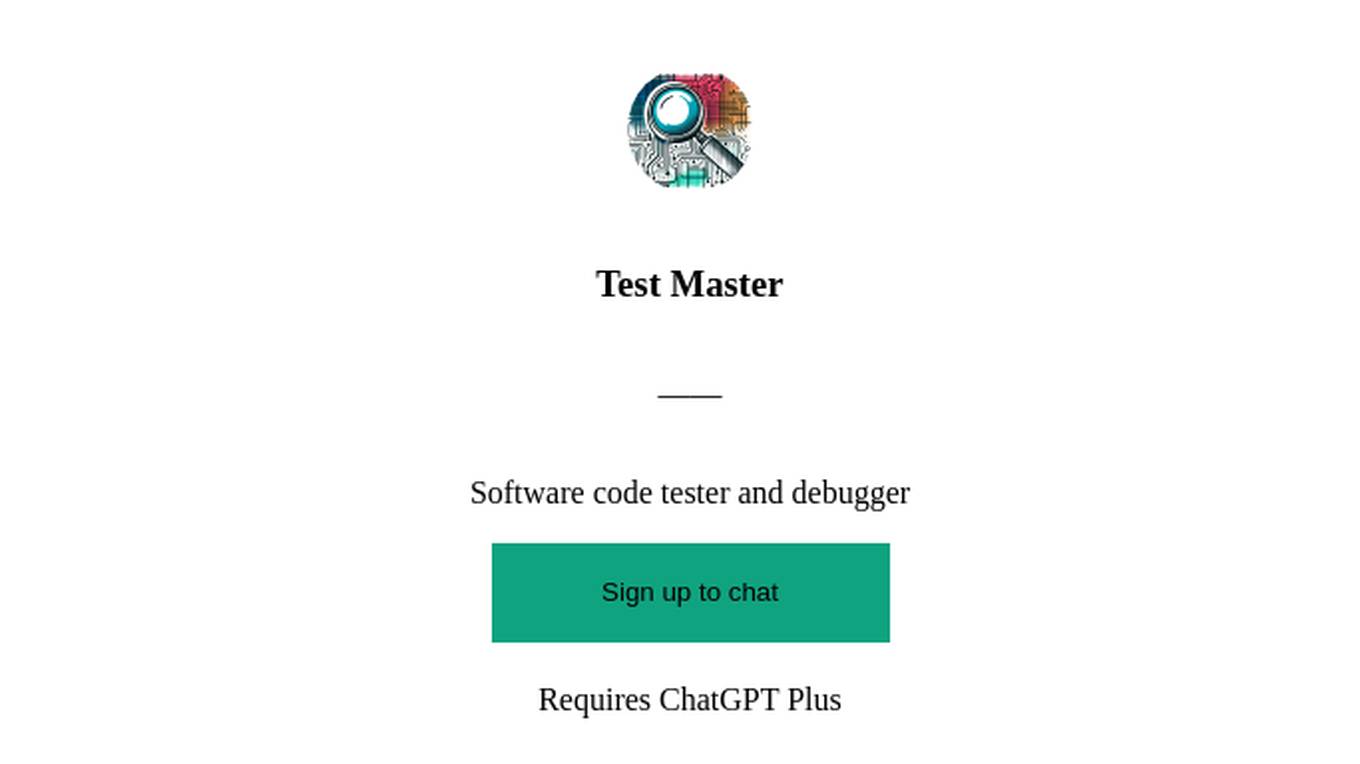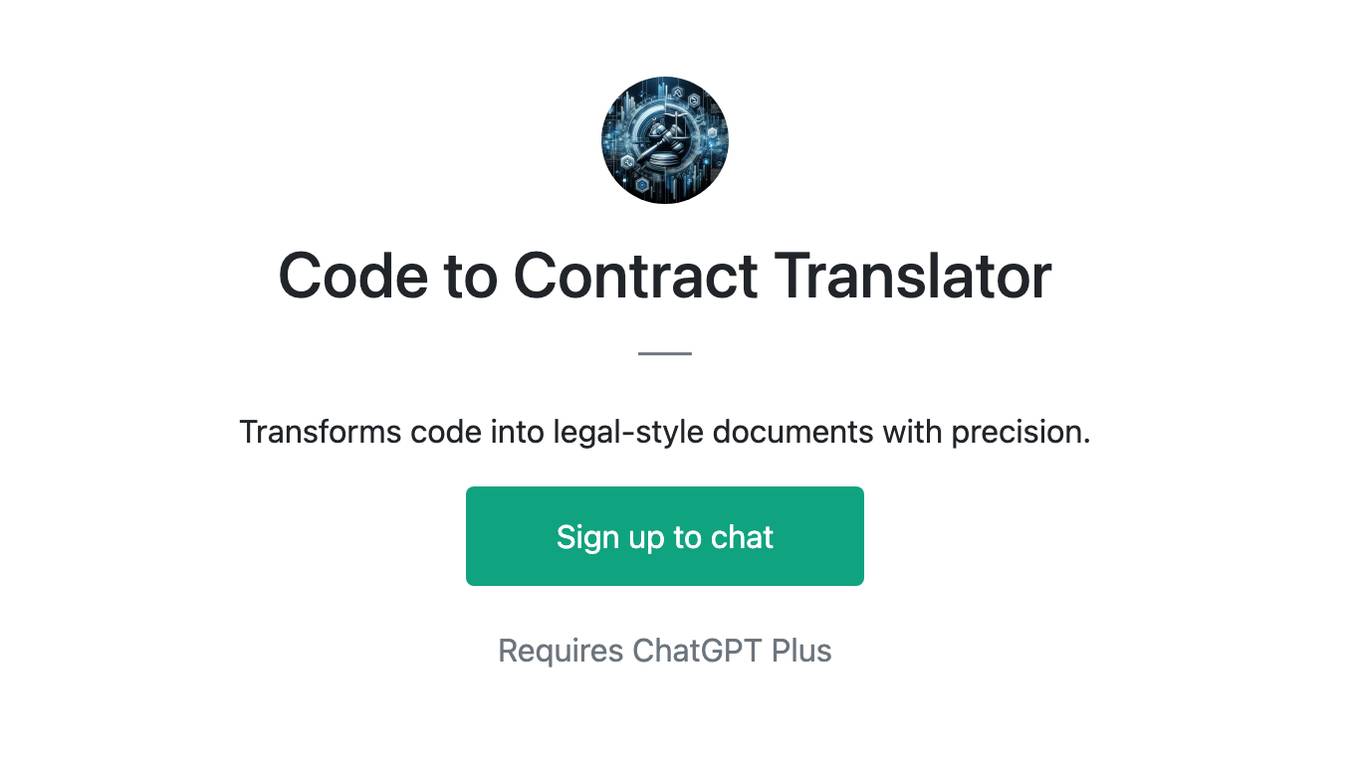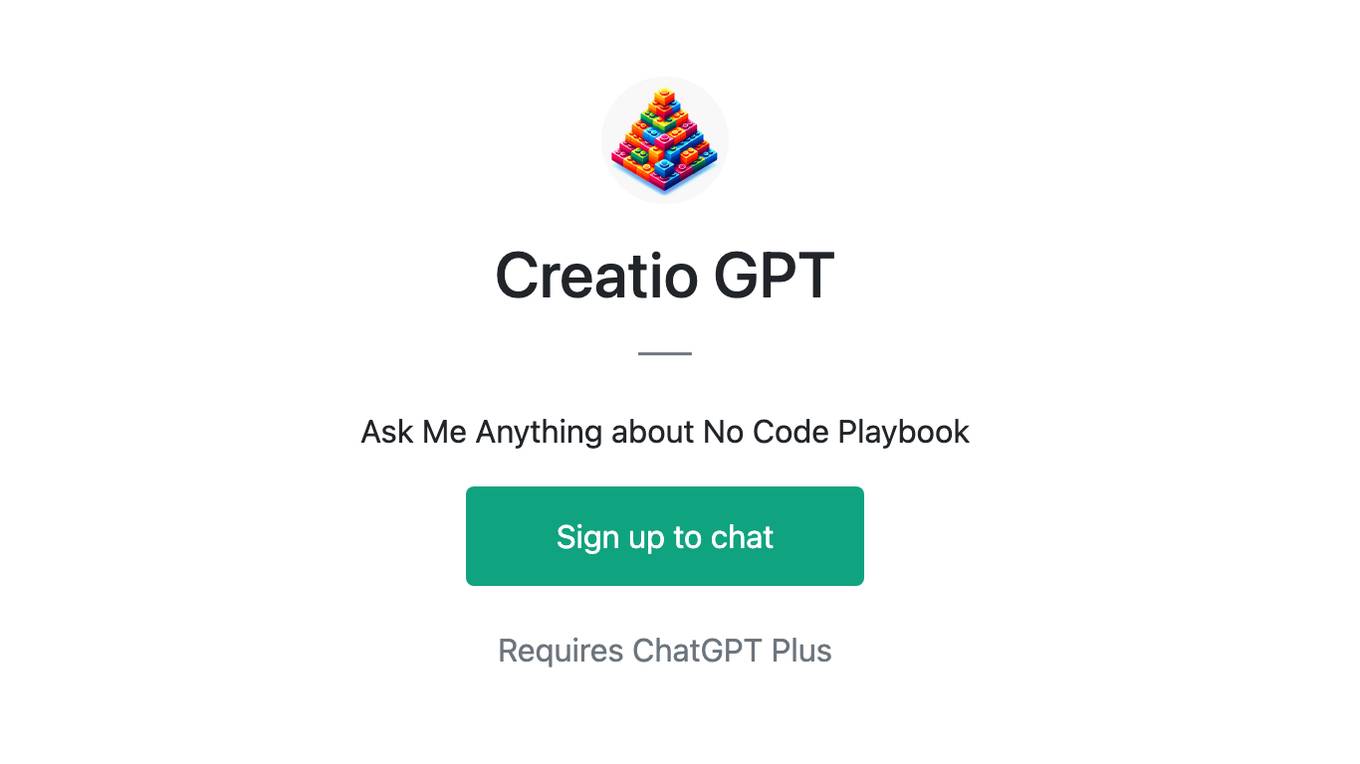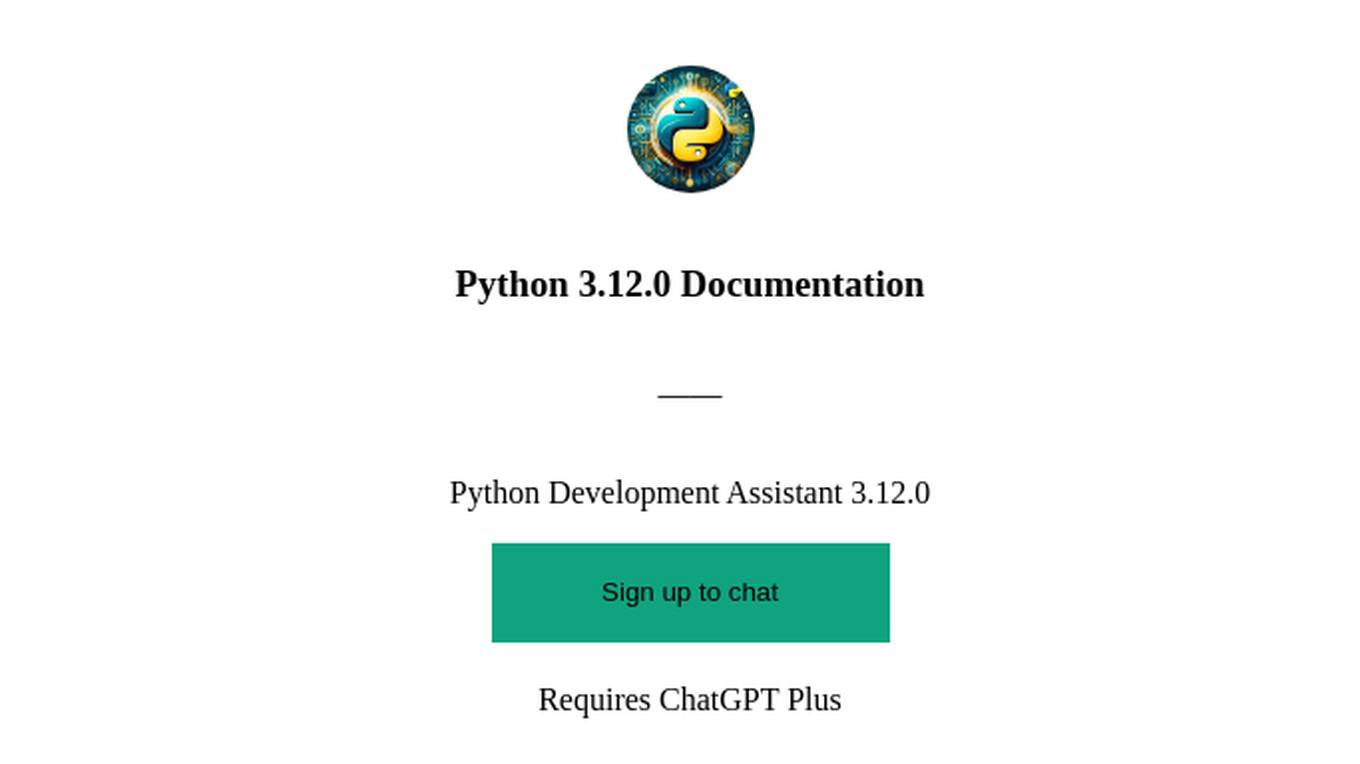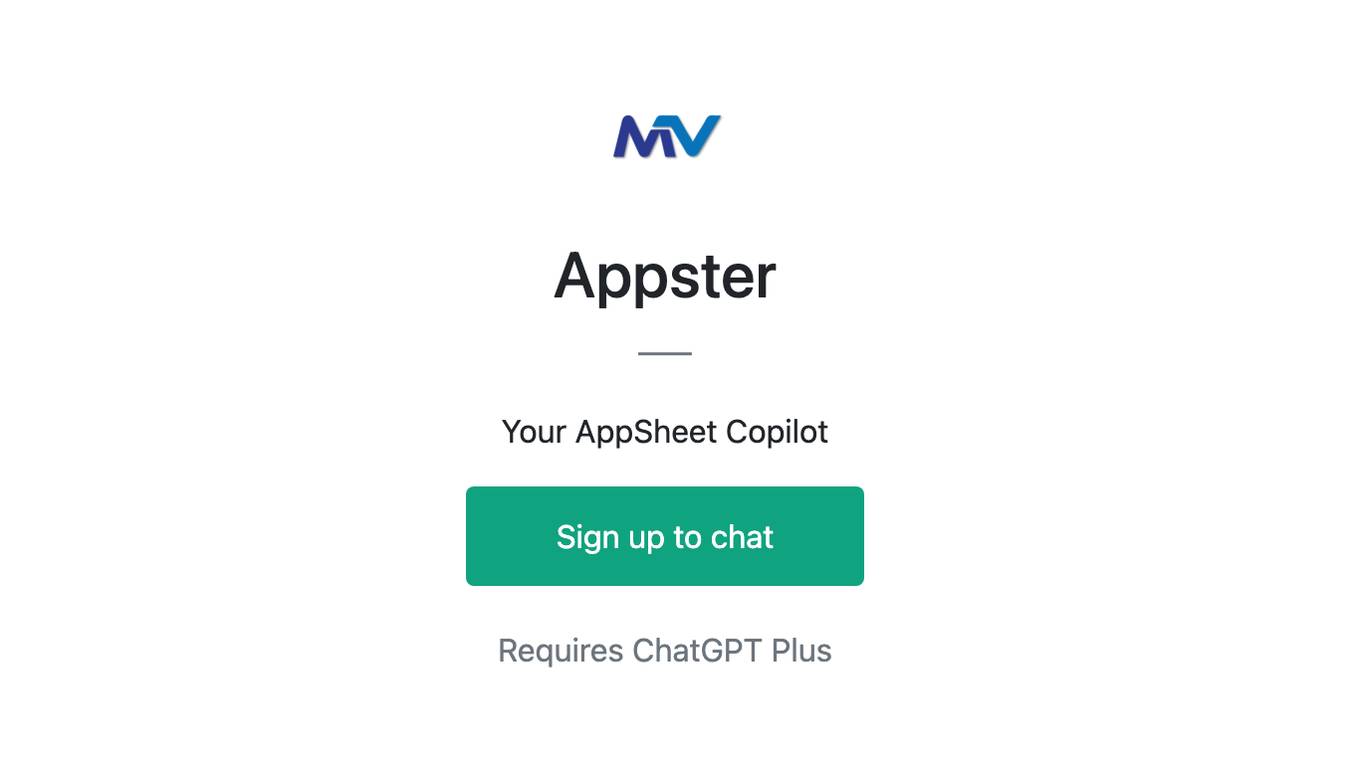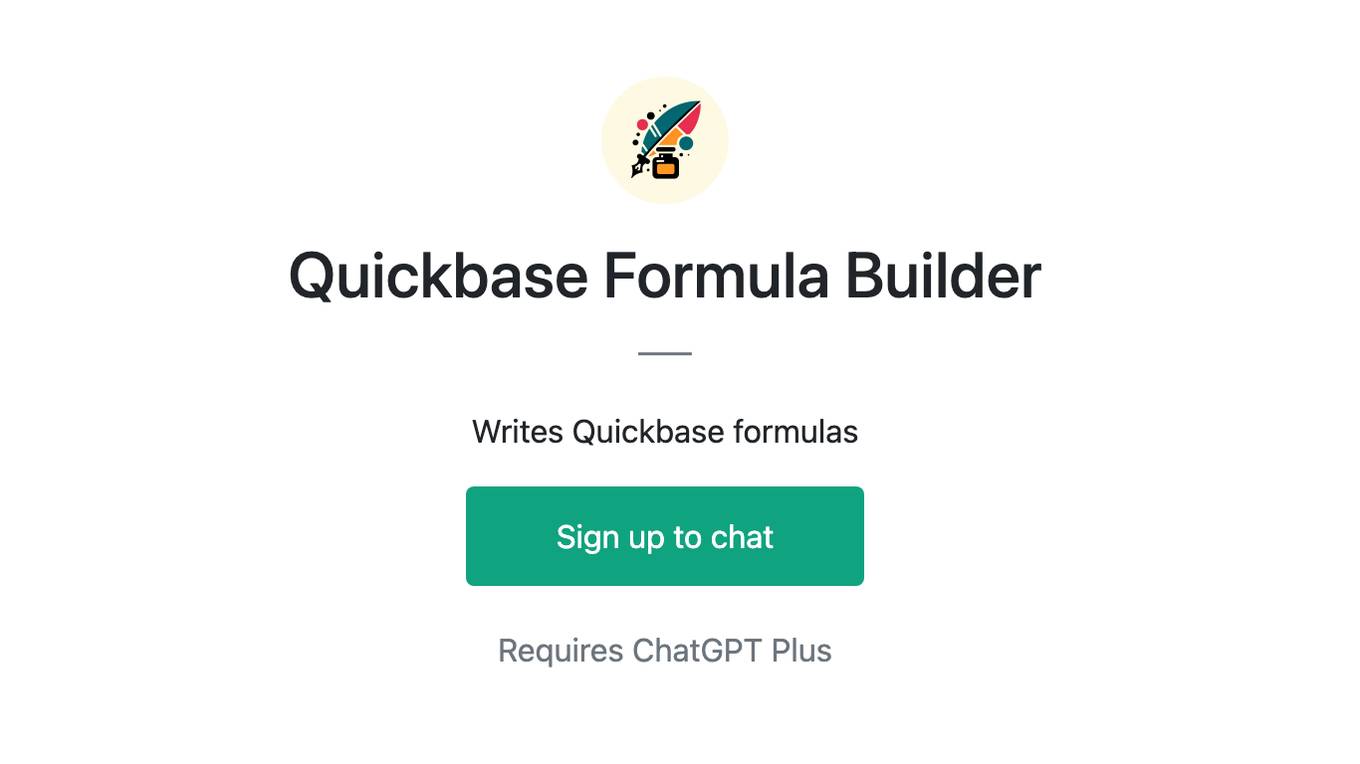Best AI tools for< Code Automation >
20 - AI tool Sites

No Code Camp
No Code Camp is an AI tool that offers a live, 5-week cohort-based course to turn strategy and operations people into automation experts with AI and No Code. The platform enables non-technical individuals to build applications, automate workflows, and develop web platforms using graphical interfaces, AI, and tool configuration instead of writing code. No Code Camp democratizes software development, making it accessible to a broader audience, speeding up the development process, and reducing the reliance on specialized software development skills. The course covers essential topics such as Data Architecture, Interface Design, AI Scaling, and No Code Automation, equipping participants with the skills needed to automate business processes and build internal tools.
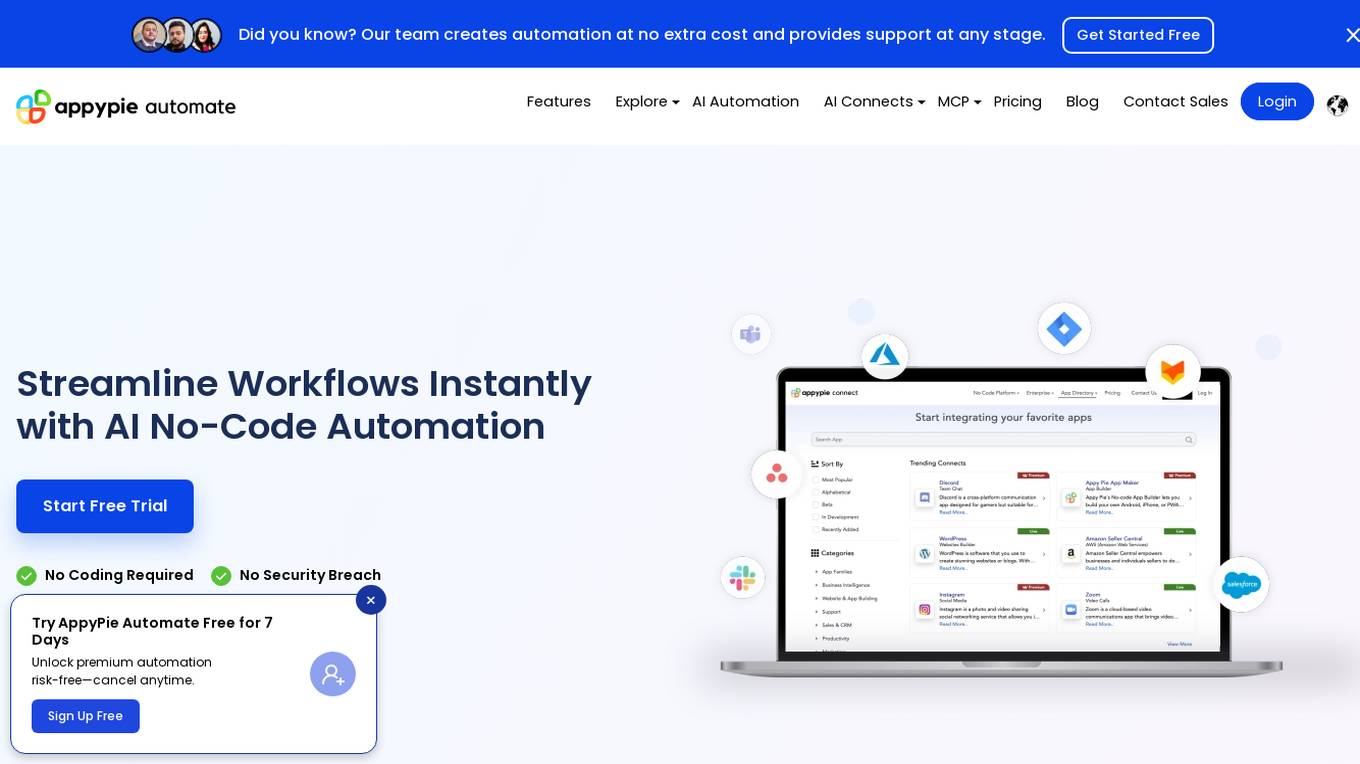
Appy Pie Automate
Appy Pie Automate is an AI-driven workflow automation platform that allows users to connect their favorite apps and services without writing a single line of code. It serves businesses of various sizes and multiple domains, providing smooth app integration services to its customers. The platform offers features like multi-platform app integrations, custom integrations, security and compliance, and comprehensive automation possibilities. Users can create workflows, automate actions, sync data, and enhance productivity with Appy Pie Automate's user-friendly interface and extensive app integration library.
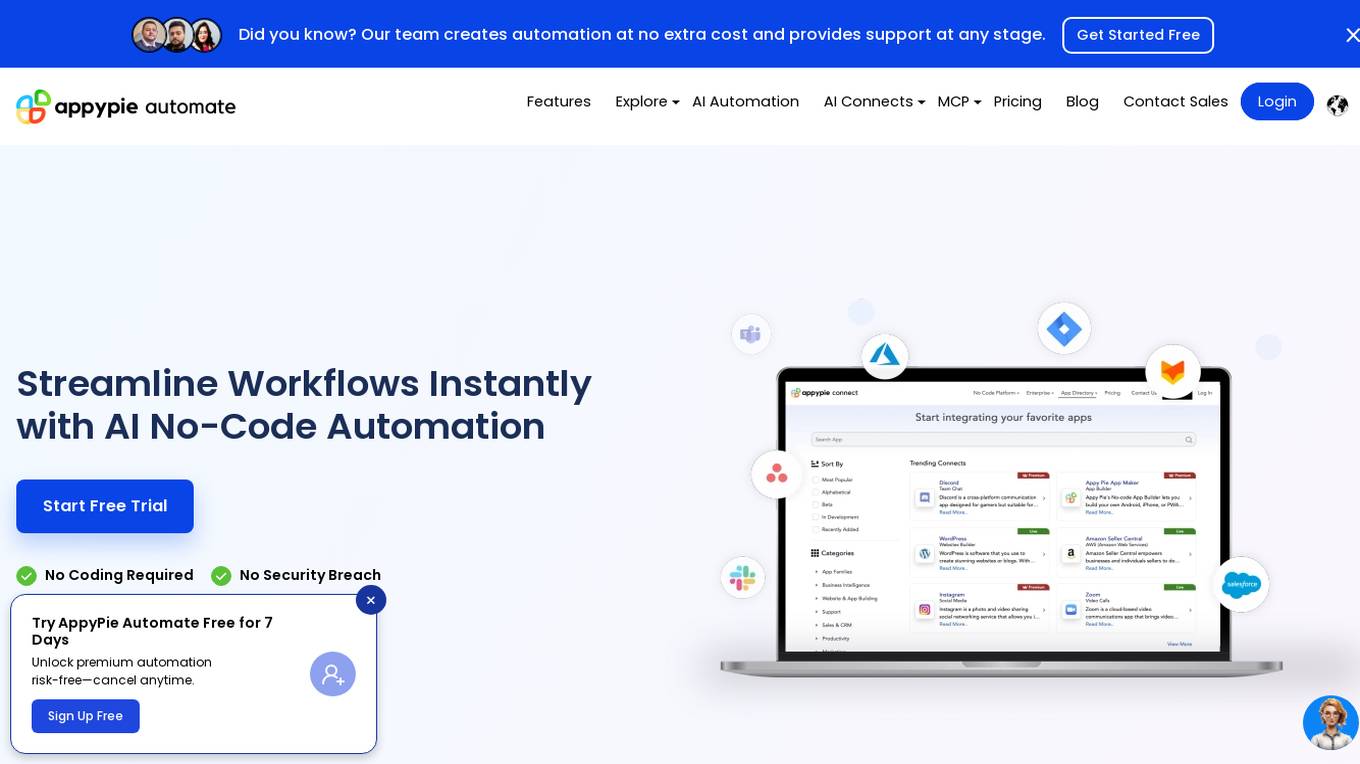
Appy Pie Automate
Appy Pie Automate is an AI workflow automation platform that allows users to connect their favorite apps and services without writing a single line of code. It offers versatile no-code workflow automation, out-of-the-box and custom integrations, and comprehensive automation possibilities. The platform streamlines business integration, supports multi-platform app integrations, and ensures security and compliance. Appy Pie Automate is designed to simplify workflow automation, enhance productivity, and revolutionize business operations.
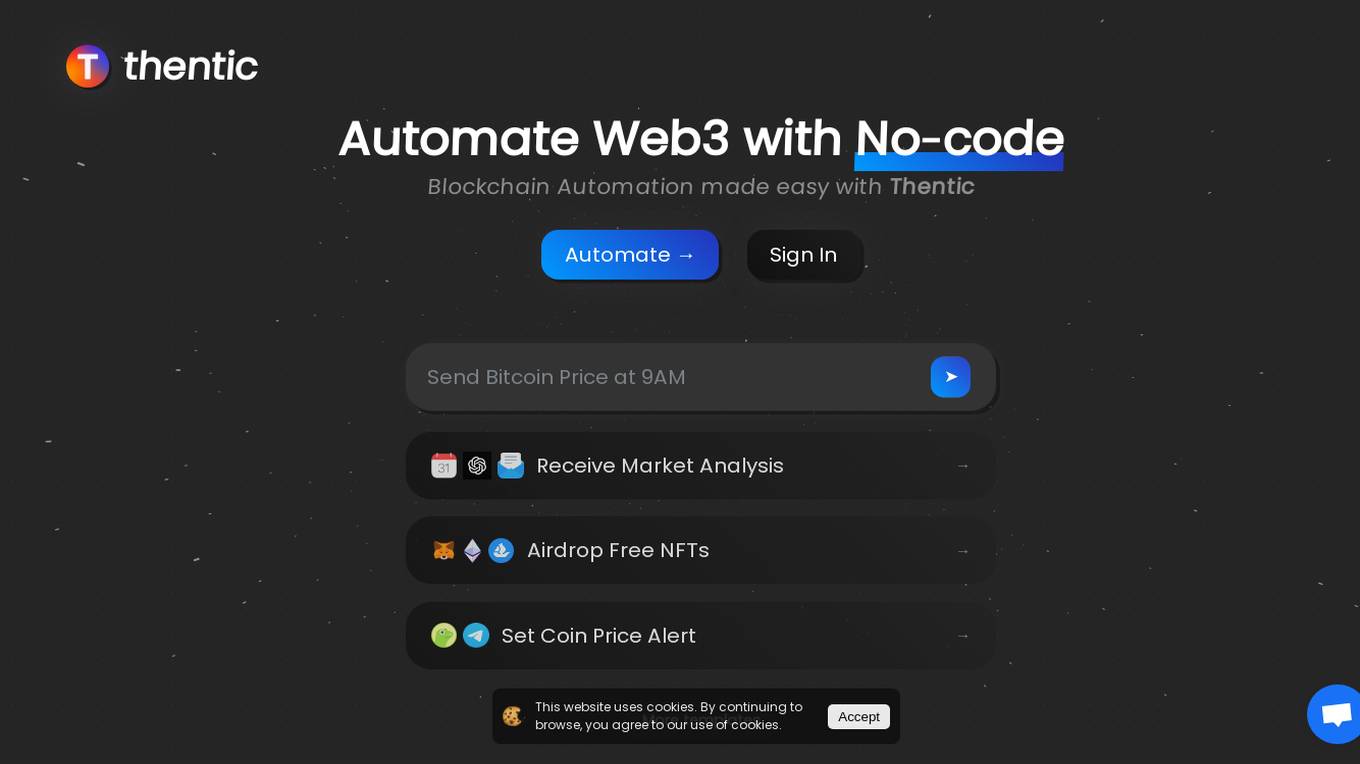
Thentic
Thentic is a no-code automation platform for Web3. It allows users to automate tasks such as receiving market analysis, airdropping free NFTs, setting coin price alerts, tracking new transactions, analyzing DeFi data, getting paid and notified, creating AI-generated NFTs, receiving crypto news, randomizing NFT attributes, and developing Web3 APIs. Thentic supports hundreds of blockchains with prebuilt integrations.

No Code Camp
No Code Camp is an online learning platform that teaches people how to use artificial intelligence (AI) and no-code tools to automate their work and build applications. The platform offers a live, 5-week cohort-based course that covers the essentials of no-code development, including data architecture, interface design, AI scaling, and no-code automation. The course is designed for people with no prior coding experience and is taught by experienced instructors who have built and scaled digital products using no-code tools.
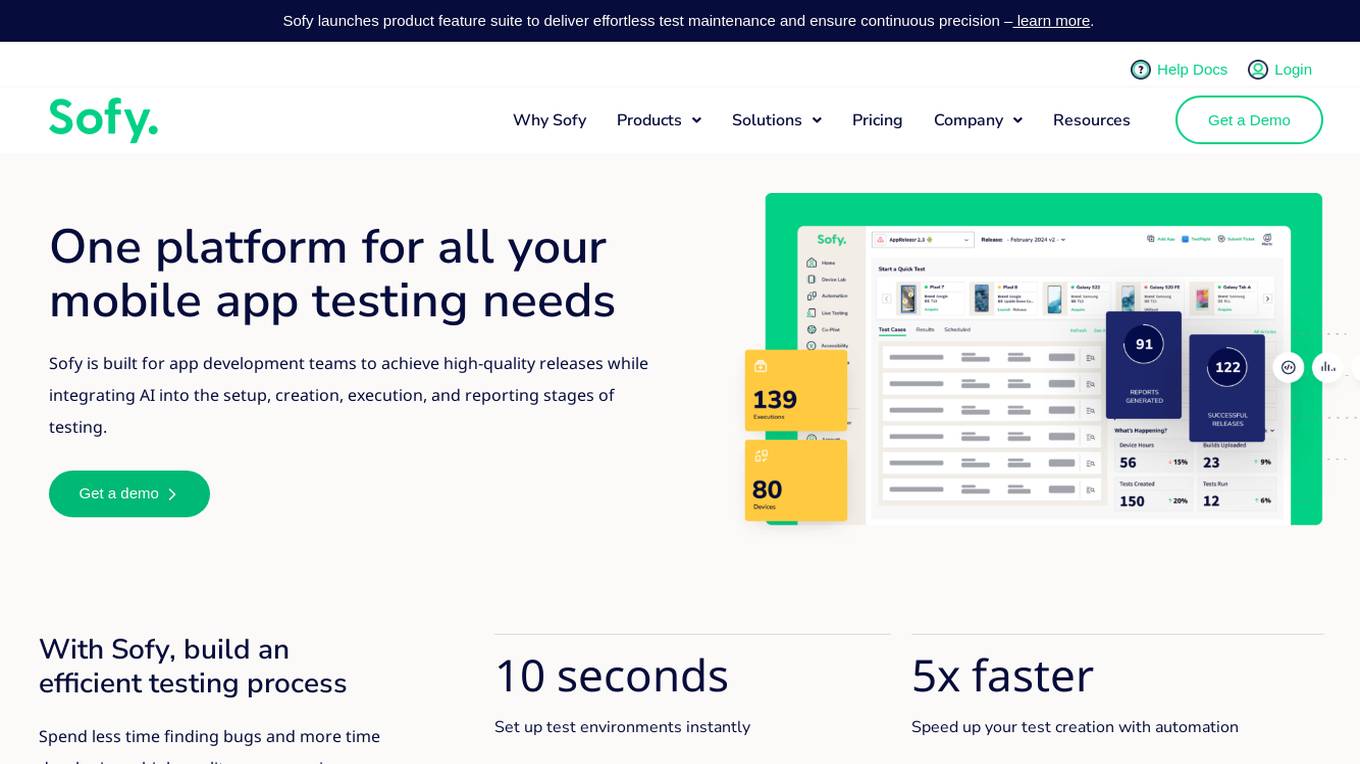
Sofy
Sofy is a revolutionary no-code testing platform for mobile applications that integrates AI to streamline the testing process. It offers features such as manual and ad-hoc testing, no-code automation, AI-powered test case generation, and real device testing. Sofy helps app development teams achieve high-quality releases by simplifying test maintenance and ensuring continuous precision. With a focus on efficiency and user experience, Sofy is trusted by top industries for its all-in-one testing solution.
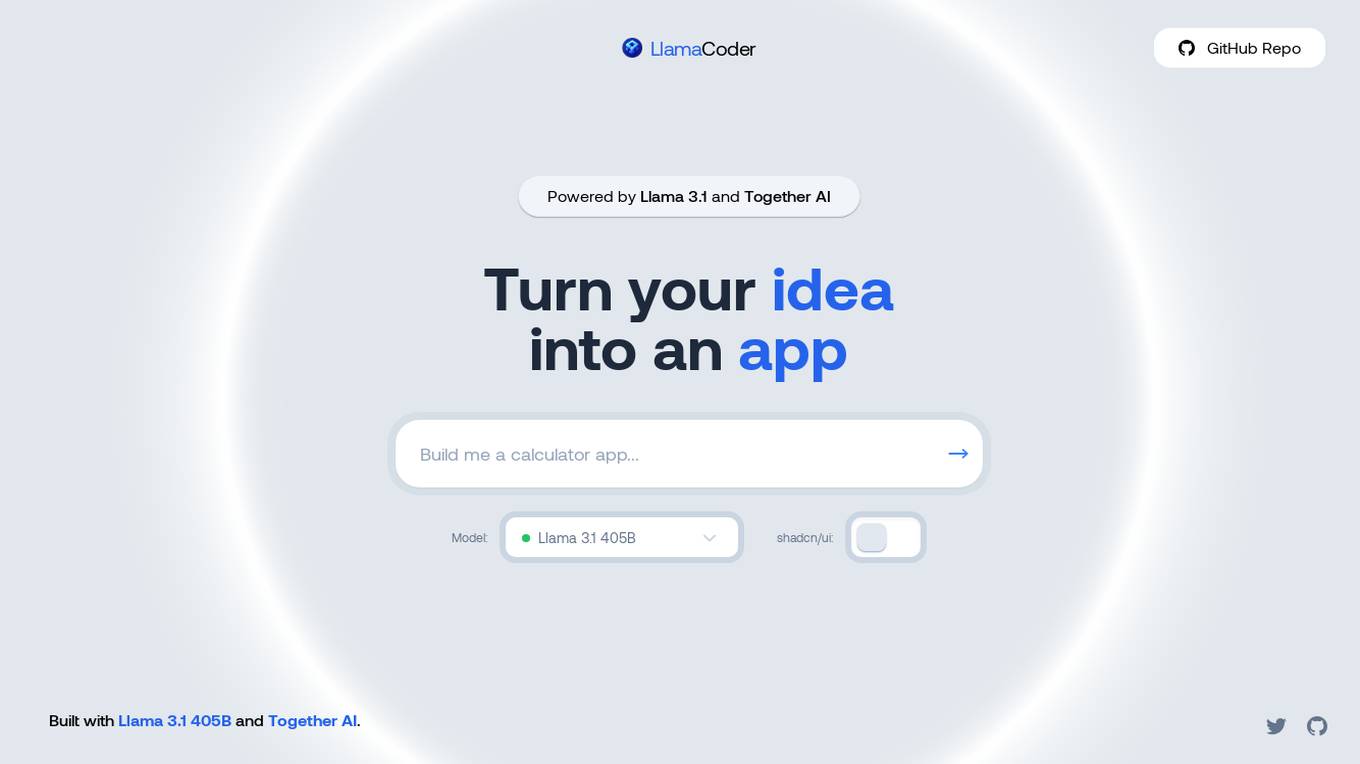
Llama Coder
Llama Coder is an AI code generator that leverages the power of Llama 3.1 and Together AI to transform your ideas into functional applications. It provides a user-friendly platform for developers to quickly generate code for their projects, reducing the time and effort required for coding. With its advanced algorithms and machine learning capabilities, Llama Coder streamlines the app development process, making it easier for users to bring their concepts to life.
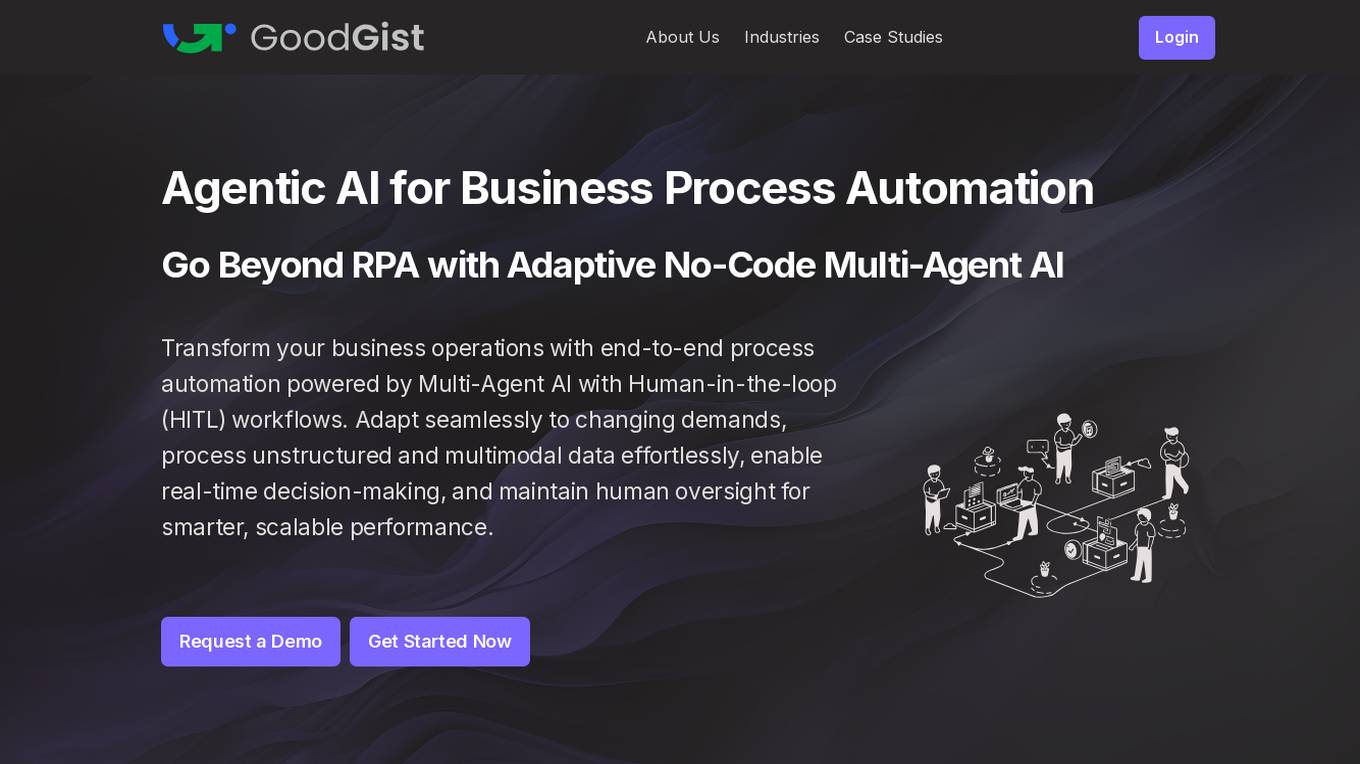
GoodGist
GoodGist is an Agentic AI platform for Business Process Automation that goes beyond traditional RPA tools by offering Adaptive Multi-Agent AI with Human-in-the-loop workflows. It enables end-to-end process automation, supports unstructured and multimodal data, ensures real-time decision-making, and maintains human oversight for scalable performance. GoodGist caters to various industries like manufacturing, supply chain, banking, insurance, healthcare, retail, and CPG, providing enterprise-grade security, compliance, and rapid ROI.
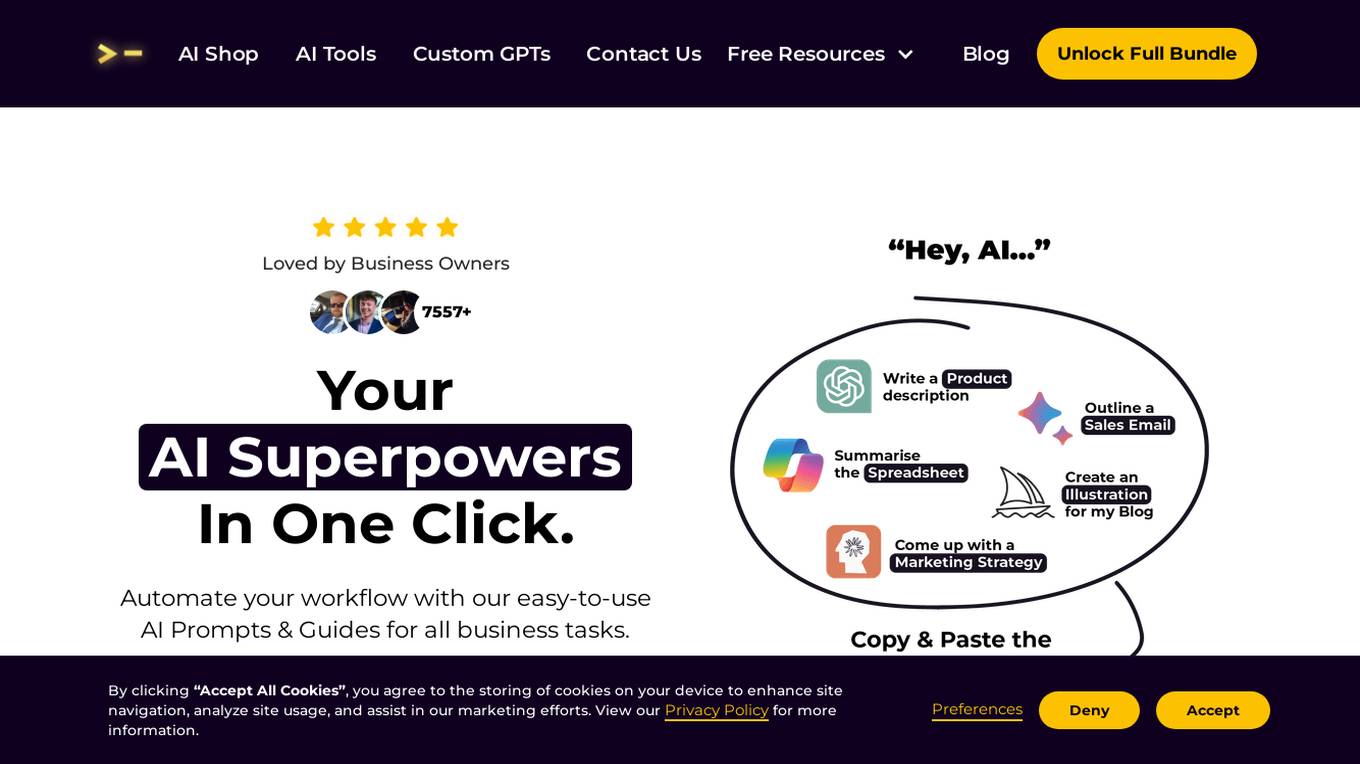
God of Prompt
God of Prompt is an AI tool that offers AI prompts and guides to automate workflows for various business tasks. It provides a curated selection of AI resources to enhance efficiency and productivity. The platform aims to revolutionize the way people work and live by making AI accessible and easy-to-use through expertly crafted products. With a focus on prompt engineering, God of Prompt empowers users to unlock the full potential of AI for their businesses.
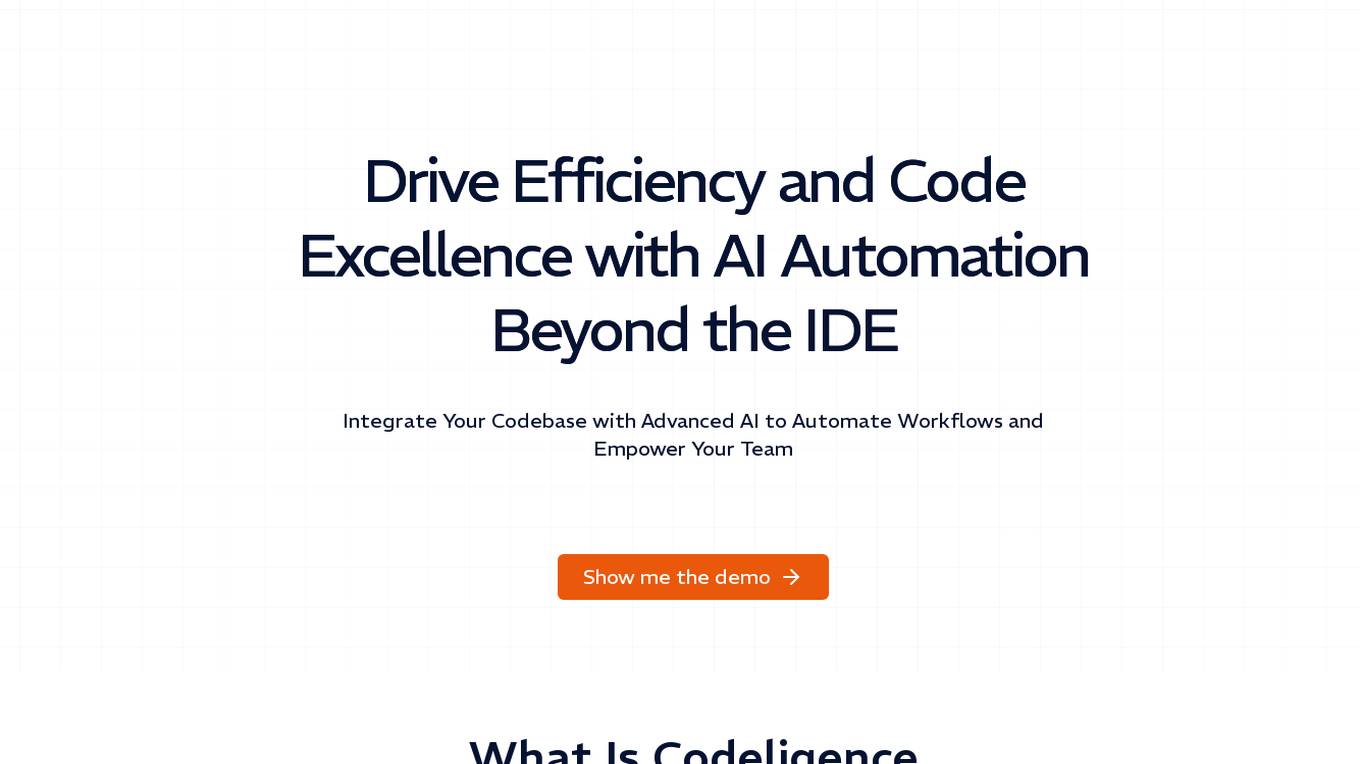
Codeligence
Codeligence is an AI tool that enables users to connect their code with artificial intelligence. The platform offers chat and automation features to streamline the integration of AI into coding projects. With Codeligence, users can easily incorporate AI functionalities into their applications, enhancing their capabilities and efficiency.
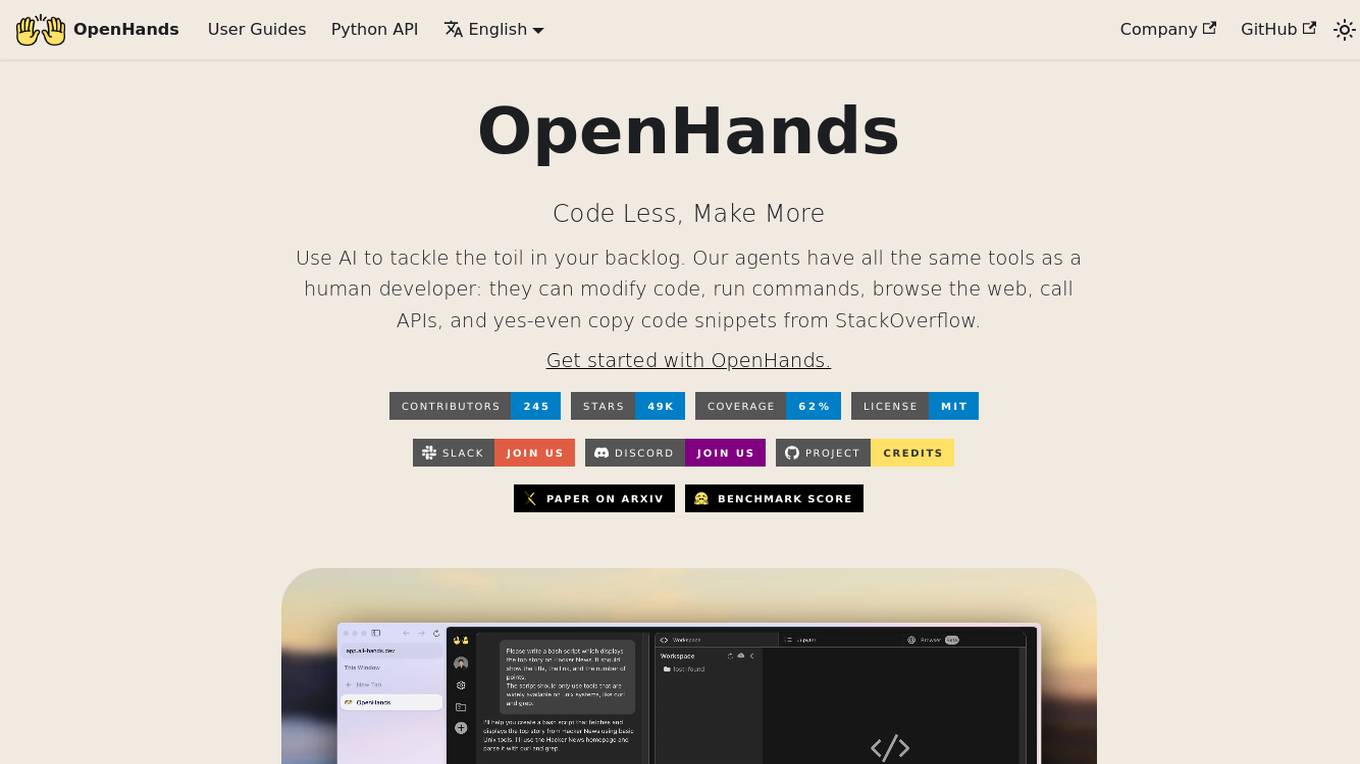
OpenHands
OpenHands is an AI tool developed by All Hands AI, Inc. that empowers users to streamline their development process by leveraging artificial intelligence. The tool allows users to automate tasks typically performed by human developers, such as modifying code, running commands, browsing the web, calling APIs, and even copying code snippets from StackOverflow. OpenHands aims to help users save time and increase productivity by handling repetitive and time-consuming tasks efficiently.

Creatio AI
Creatio AI is an AI-native platform that automates CRM and workflows with no-code. It offers a composable architecture for designing and evolving applications effortlessly. The platform combines Predictive, Generative, and Agentic AI to enhance productivity and customer experience. Creatio AI is recognized as a leader and visionary in Gartner and Forrester reports, providing powerful AI-native CRM capabilities with unmatched configurability and user experience.
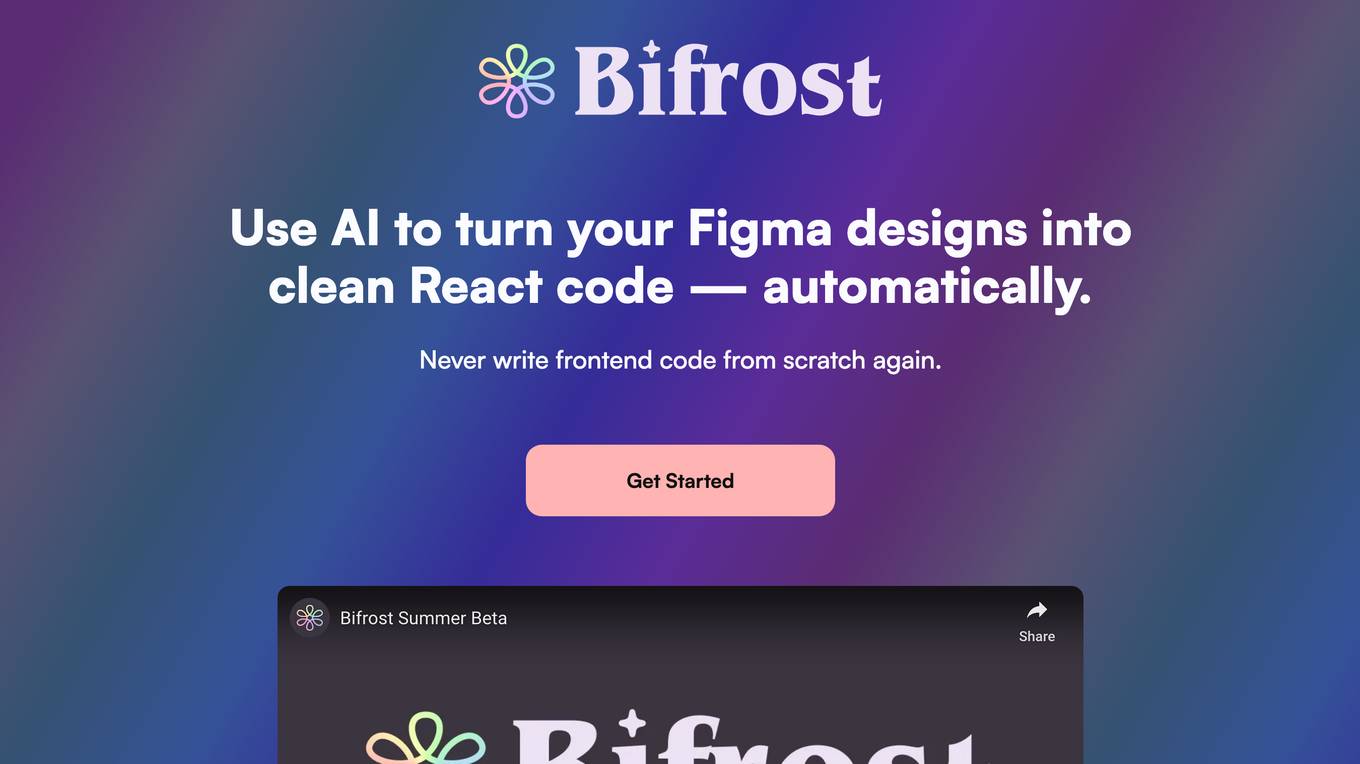
Bifrost
Bifrost is an AI-powered tool that converts Figma designs into clean React code automatically. It eliminates the need to write frontend code from scratch, making it ideal for developers at every stage of the development process. With Bifrost, you can effortlessly create component sets from Figma, scale your projects with finesse, and iterate on design changes seamlessly. The tool aims to cut engineering time, empower designers, and streamline the design-to-code process. Bifrost is revolutionizing the way developers and designers collaborate, offering a one-click solution to pull new changes from Figma into existing components or generate entire screens.
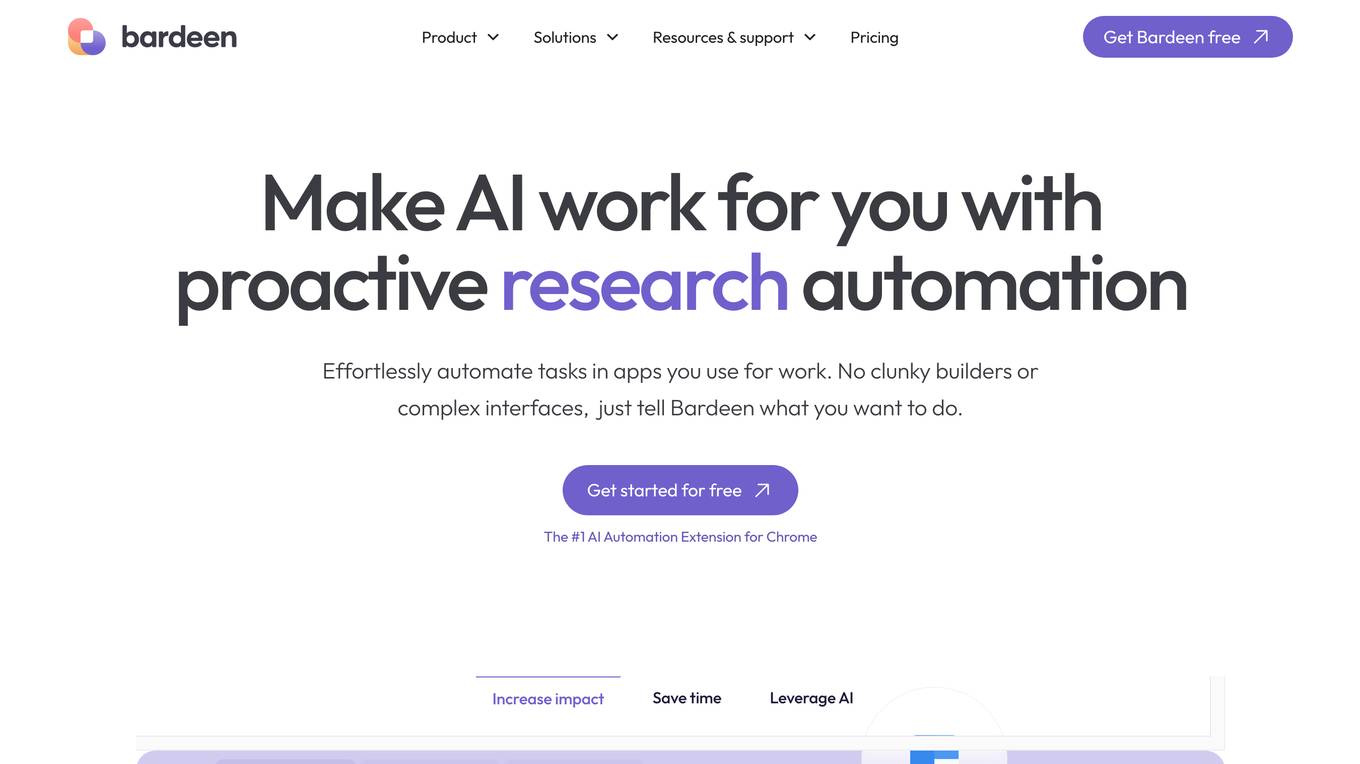
Bardeen AI
Bardeen AI is a workflow task automation software that helps users automate repetitive tasks in apps and websites they use for work. It offers a no-code builder, pre-built workflow templates, and integrations with popular apps like Salesforce, Slack, and Google Sheets. Bardeen AI is designed to be easy to use, even for non-technical users, and it can help users save time and increase productivity.
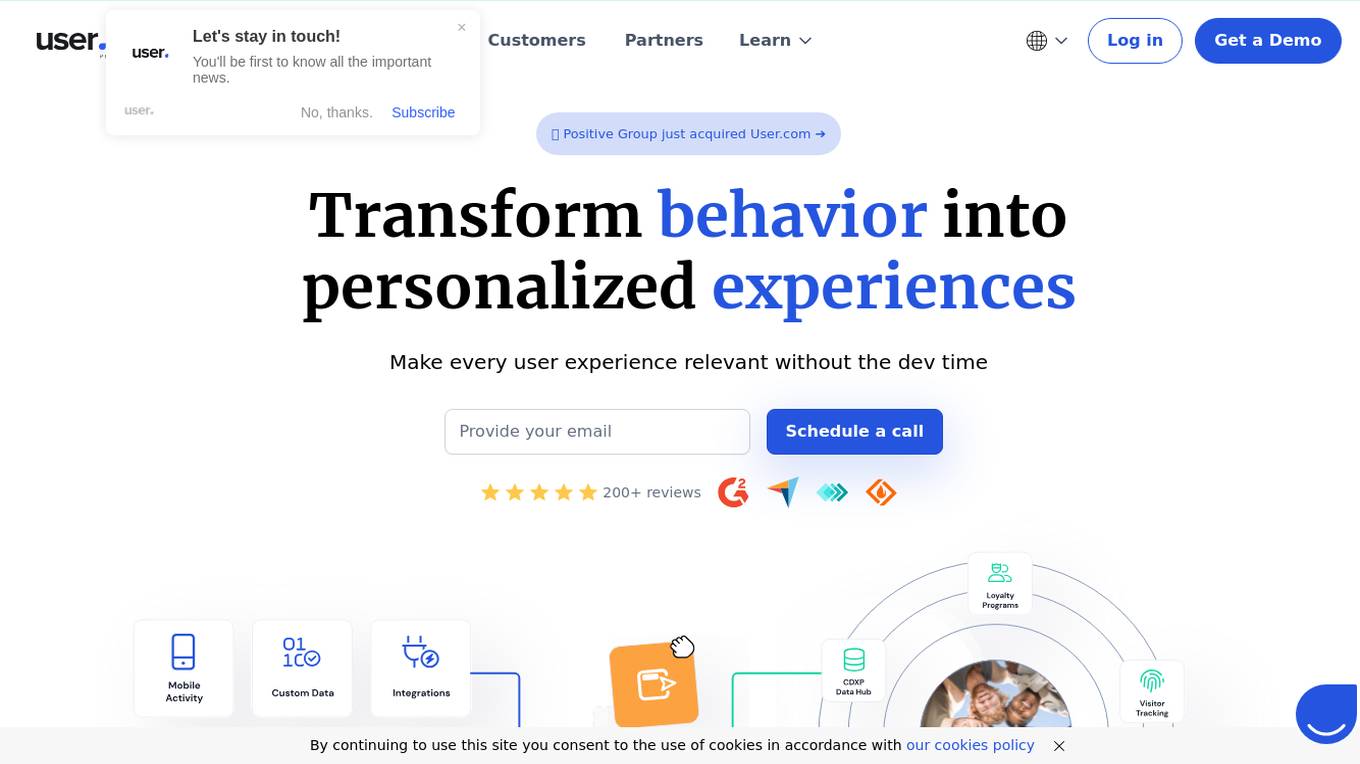
User.com
User.com is a marketing automation platform that offers a wide range of features to help businesses streamline their marketing, sales, and customer support processes. It provides tools for customer data management, CRM, mobile integration, segmentation, no-code automations, analytics, omnichannel experiences, email marketing, push notifications, and more. The platform aims to deliver personalized and engaging user experiences through automation and data-driven insights.
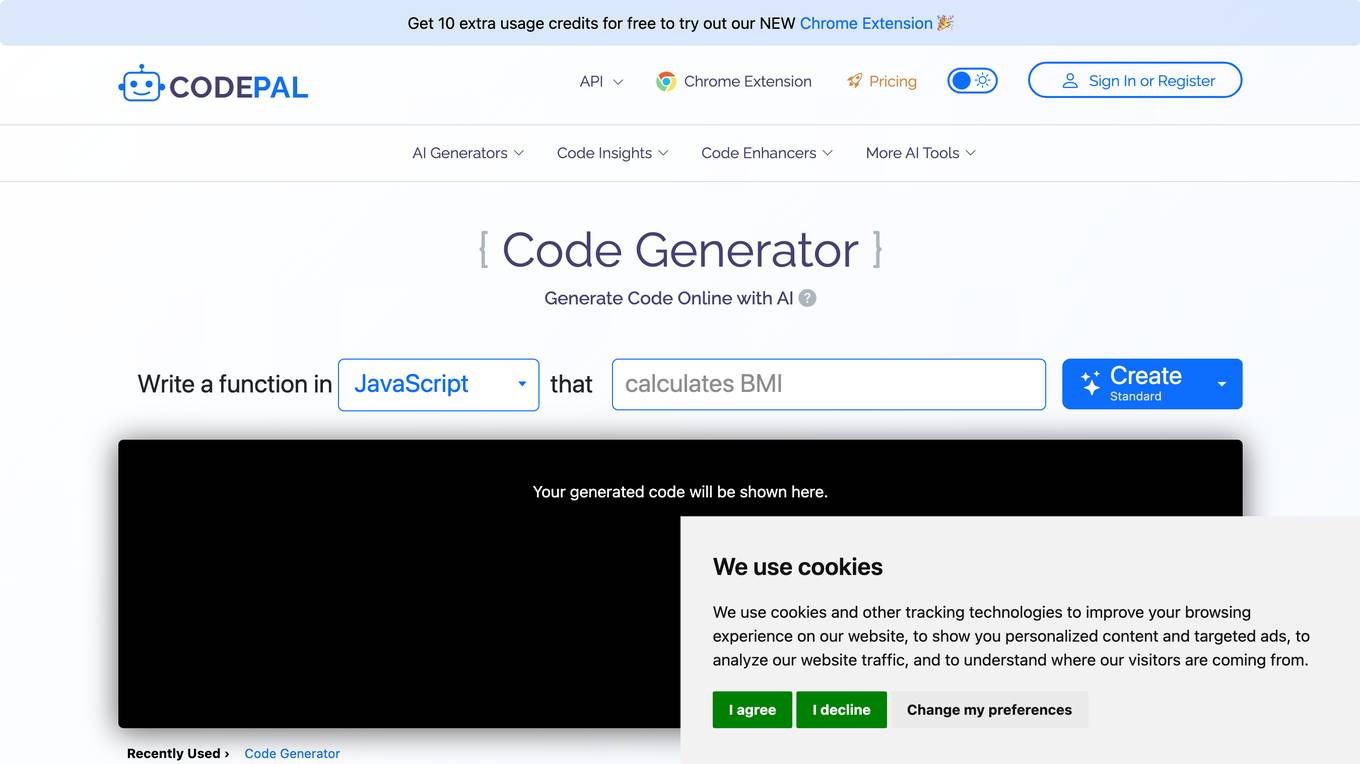
CodePal
CodePal is a comprehensive platform that offers a range of coding helpers and tools to assist developers. It includes AI-powered code generators that can translate plain words into computer code, helping users automate tasks, improve code quality, and enhance productivity. CodePal supports various programming languages and technologies, making it a versatile tool for developers of all levels.
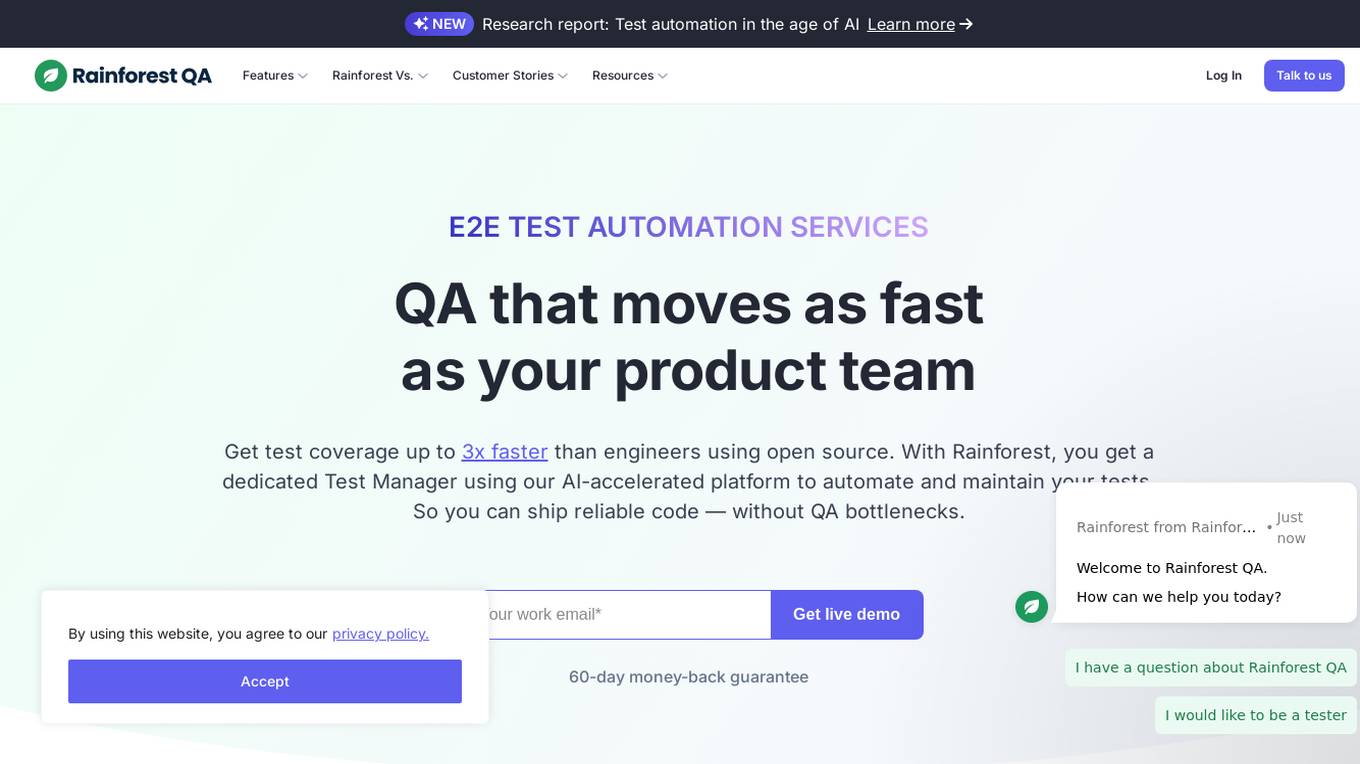
Rainforest QA
Rainforest QA is an AI-powered test automation platform designed for SaaS startups to streamline and accelerate their testing processes. It offers AI-accelerated testing, no-code test automation, and expert QA services to help teams achieve reliable test coverage and faster release cycles. Rainforest QA's platform integrates with popular tools, provides detailed insights for easy debugging, and ensures visual-first testing for a seamless user experience. With a focus on automating end-to-end tests, Rainforest QA aims to eliminate QA bottlenecks and help teams ship bug-free code with confidence.
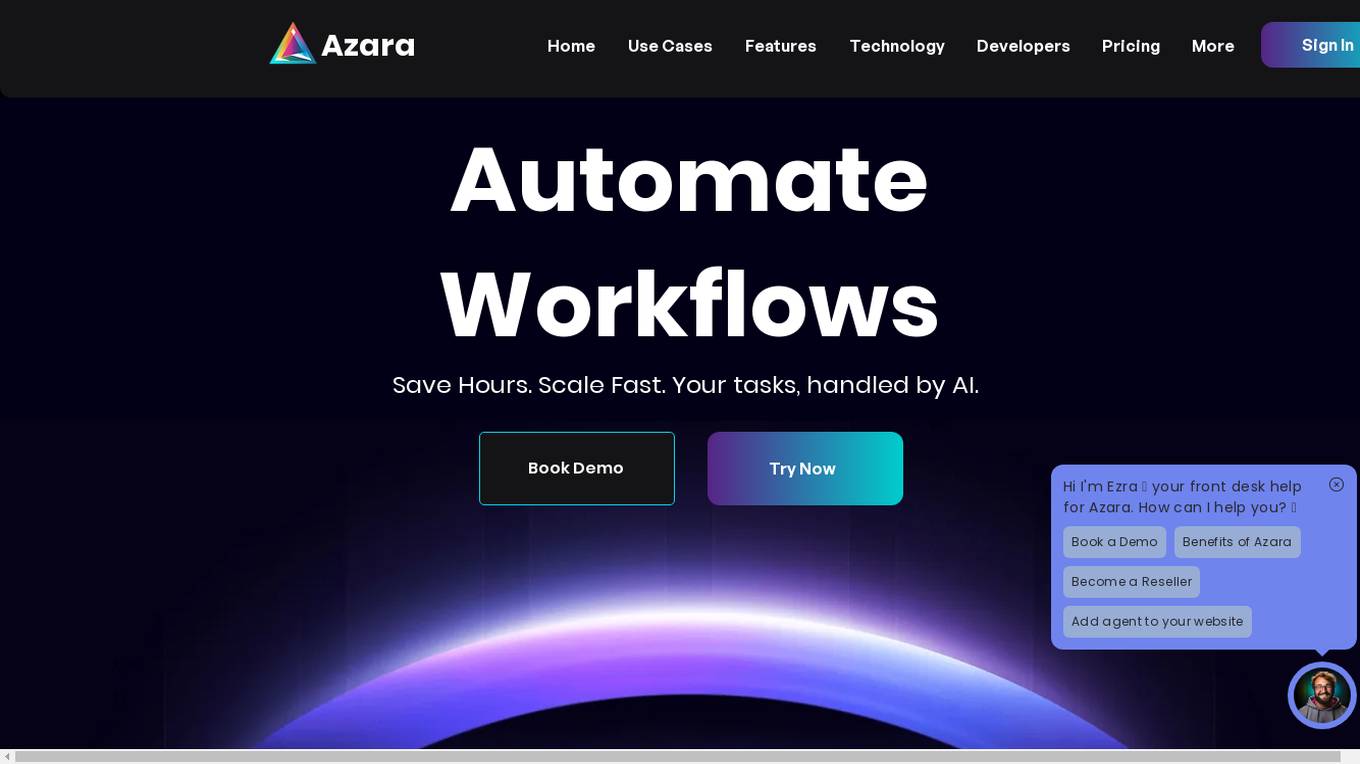
Azara.AI
Azara.AI is an AI tool that automates workflows, saving hours and enabling fast scaling. It allows users to handle tasks with the help of AI-generated workflows and actions. The tool offers no-code automations with secure, encrypted, and compliant features. Users can easily build automations from private company data, enhancing productivity and efficiency. Azara.AI simplifies the process of building, deploying, and managing AI agents without requiring technical expertise.
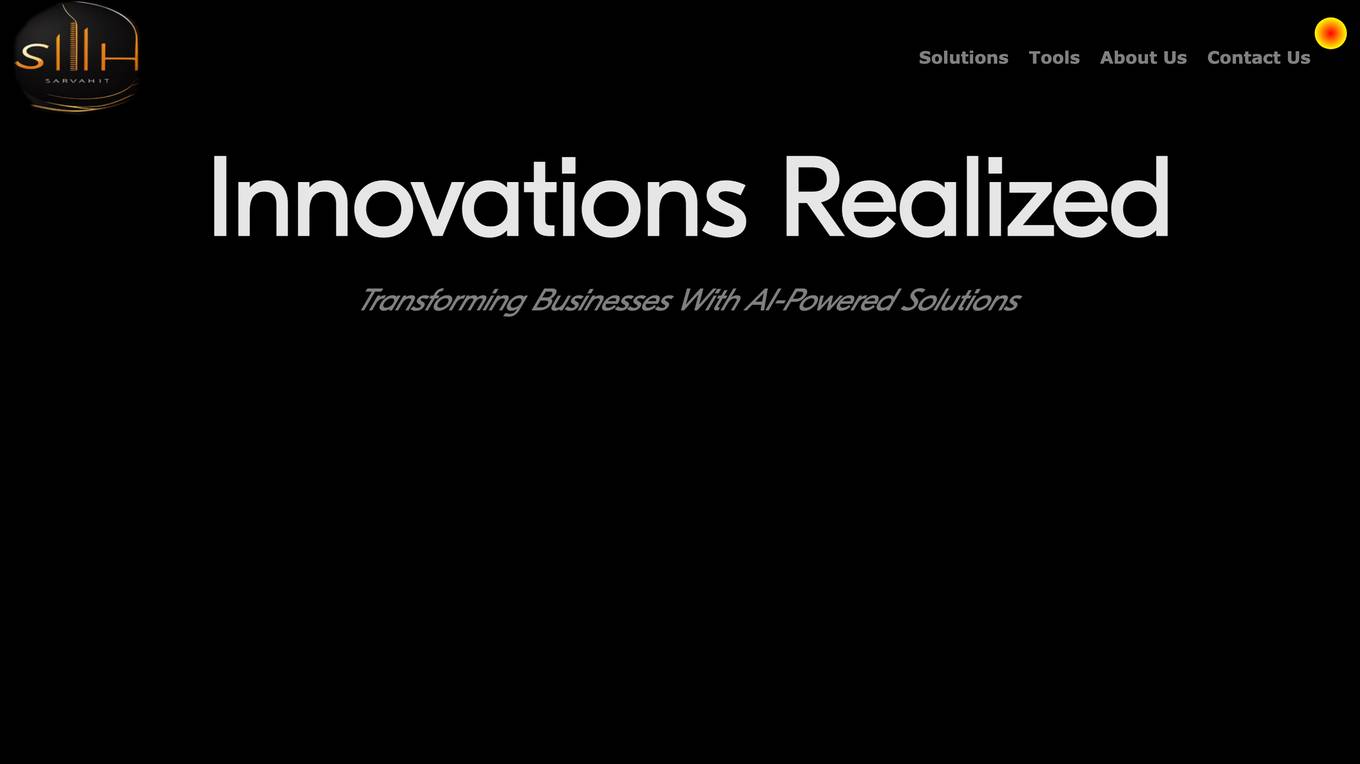
SarvaHit AI
SarvaHit AI is an AI consulting firm that specializes in providing AI solutions for businesses. They offer services such as custom code automation solutions, personalized AI assistant deployment, advanced model integration and deployment, custom use case analysis, and knowledge sharing and training. The company aims to empower businesses by leveraging the power of artificial intelligence to enhance efficiency, decision-making, and value creation.
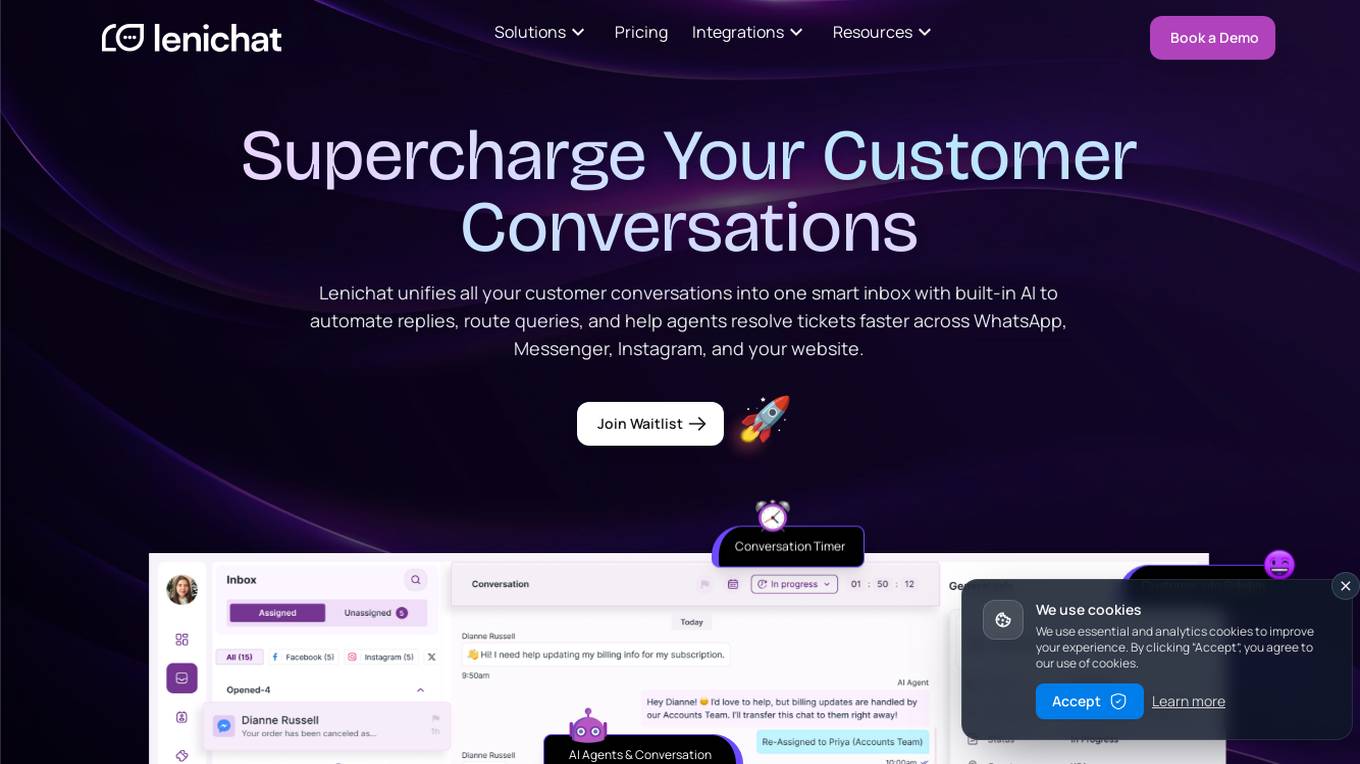
Lenichat
Lenichat is a multi-channel messaging platform that enables businesses to engage with customers across various platforms such as WhatsApp, Messenger, Instagram, and Web Chat in a unified flow. The platform offers features like Broadcasts, Templates, Unified Inbox, Conversational AI, and No-code automation to streamline customer interactions and support processes. Lenichat aims to simplify customer support by providing AI-powered bots, smart routing rules, and team collaboration tools to enhance response times and customer satisfaction.
0 - Open Source AI Tools
20 - OpenAI Gpts
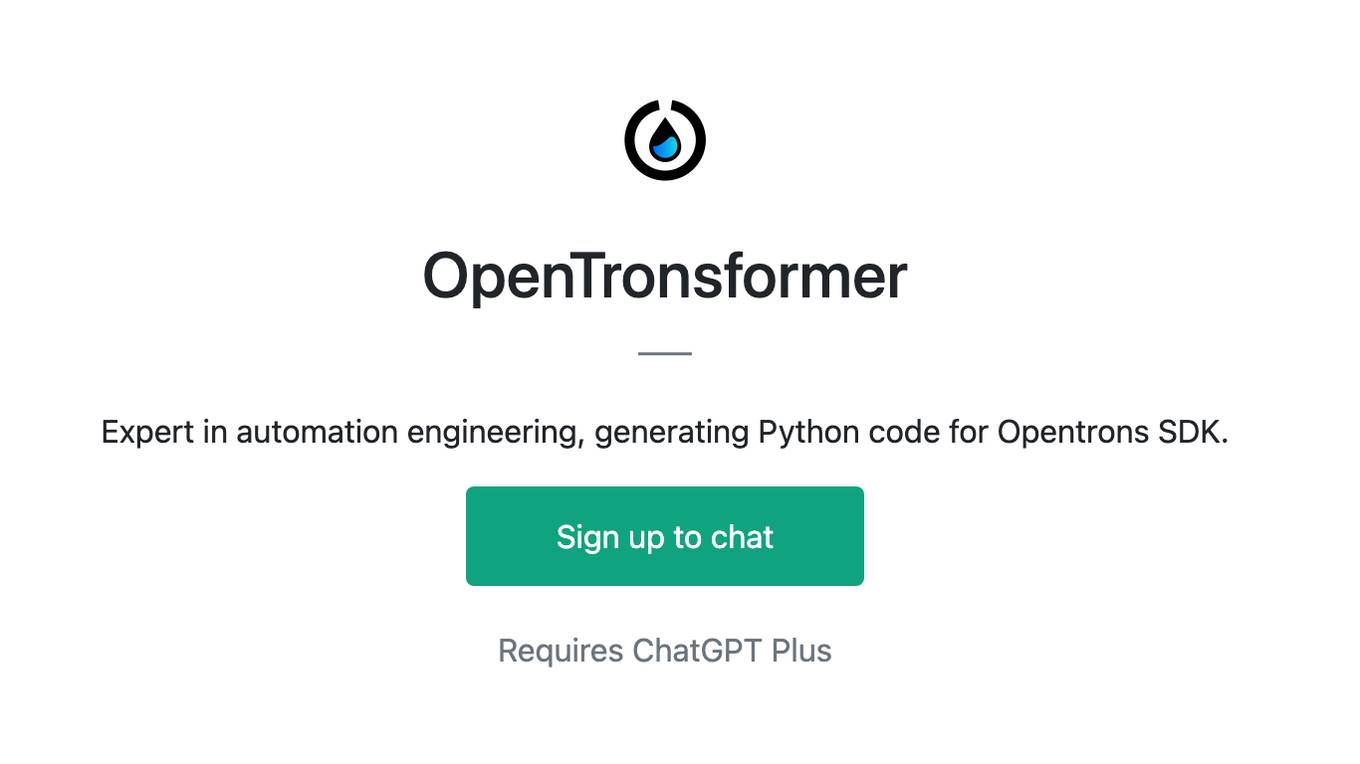
OpenTronsformer
Expert in automation engineering, generating Python code for Opentrons SDK.
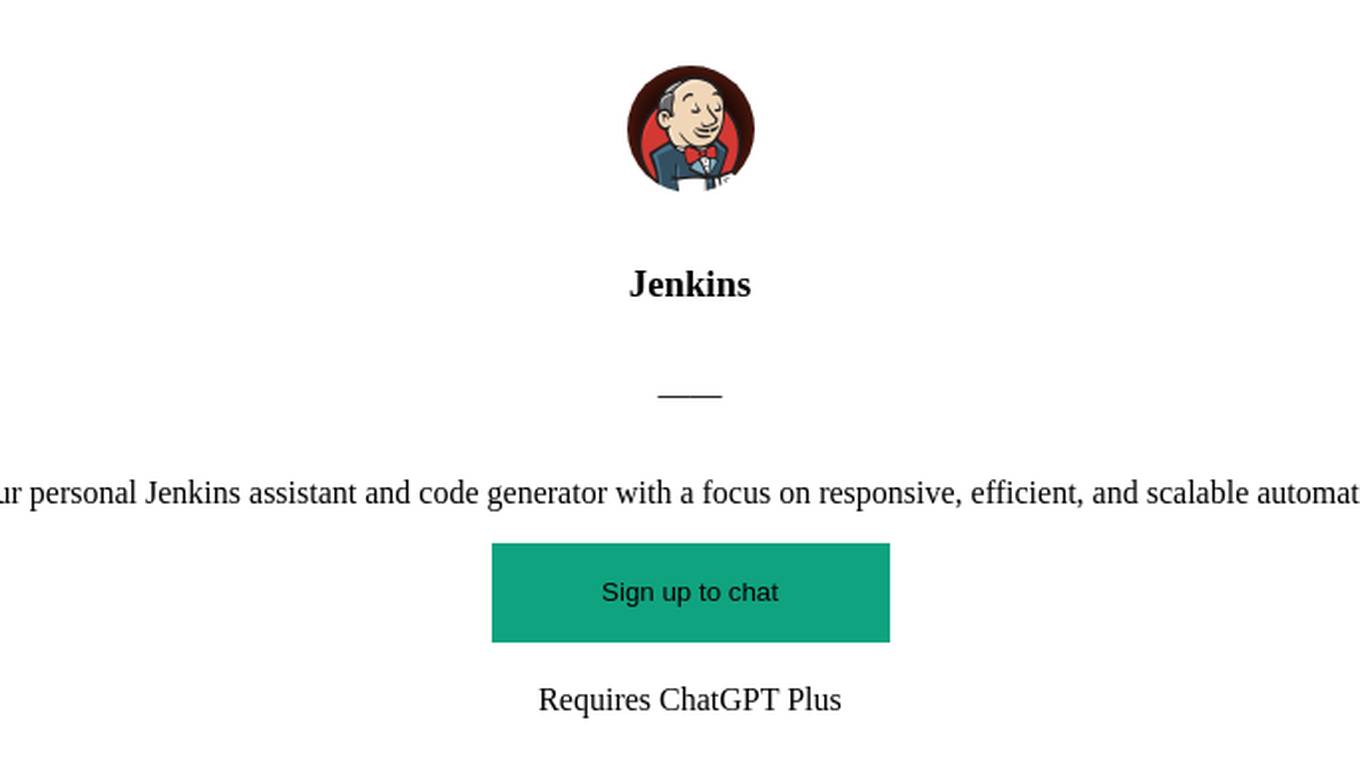
Jenkins
Your personal Jenkins assistant and code generator with a focus on responsive, efficient, and scalable automations.
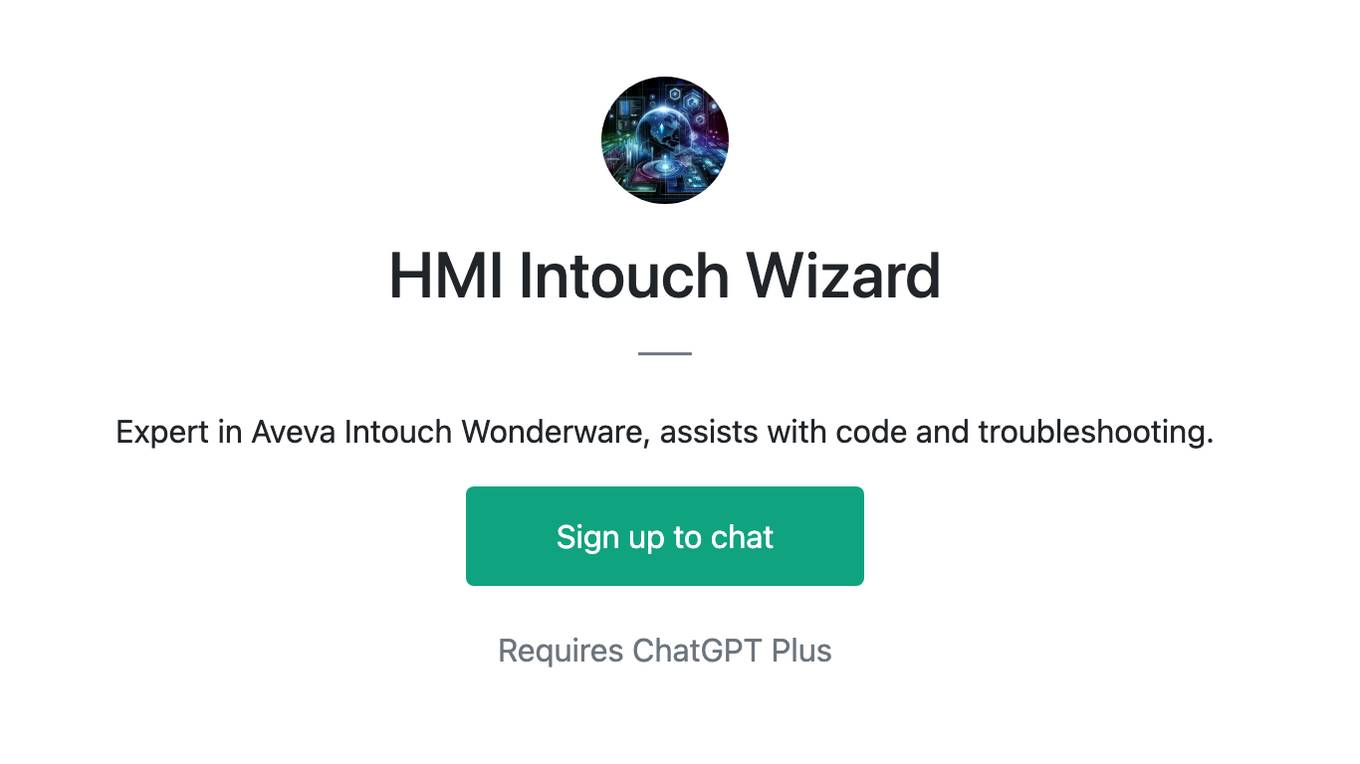
HMI Intouch Wizard
Expert in Aveva Intouch Wonderware, assists with code and troubleshooting.
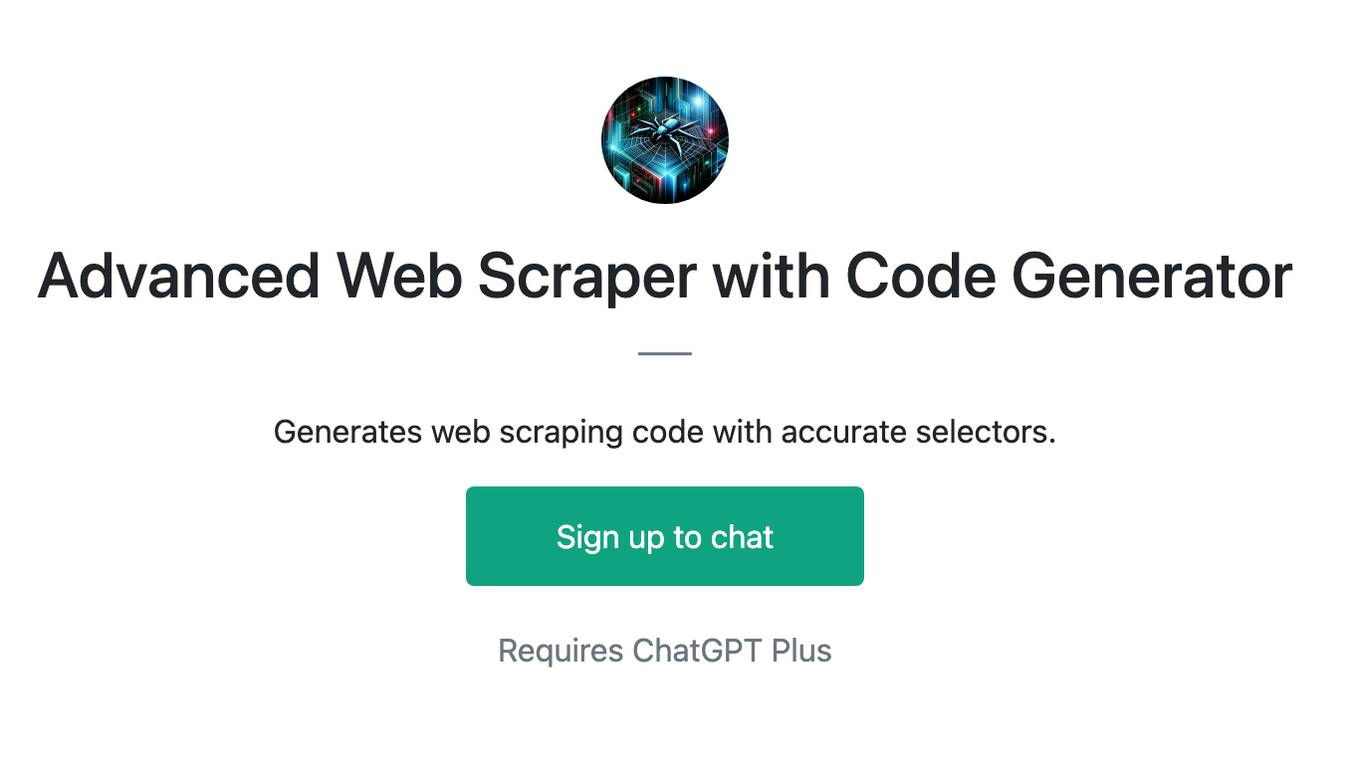
Advanced Web Scraper with Code Generator
Generates web scraping code with accurate selectors.
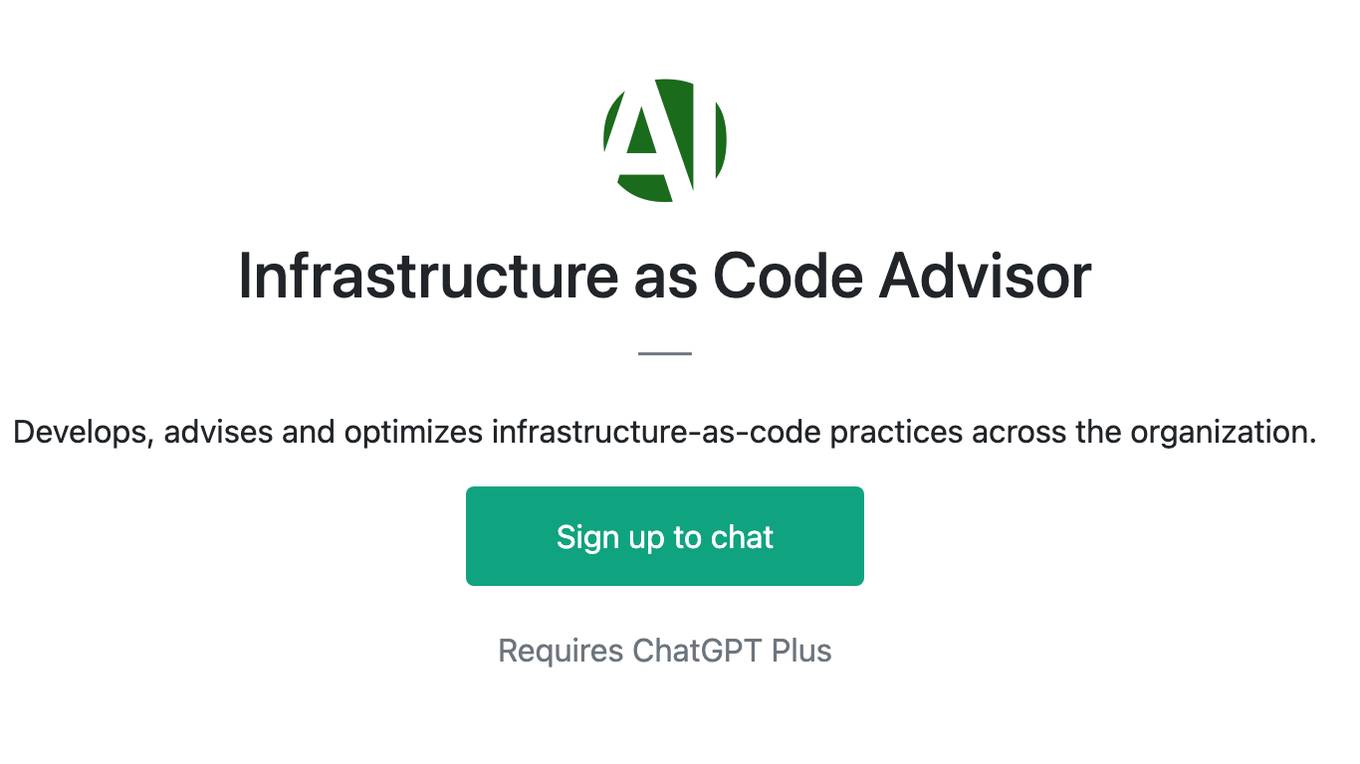
Infrastructure as Code Advisor
Develops, advises and optimizes infrastructure-as-code practices across the organization.
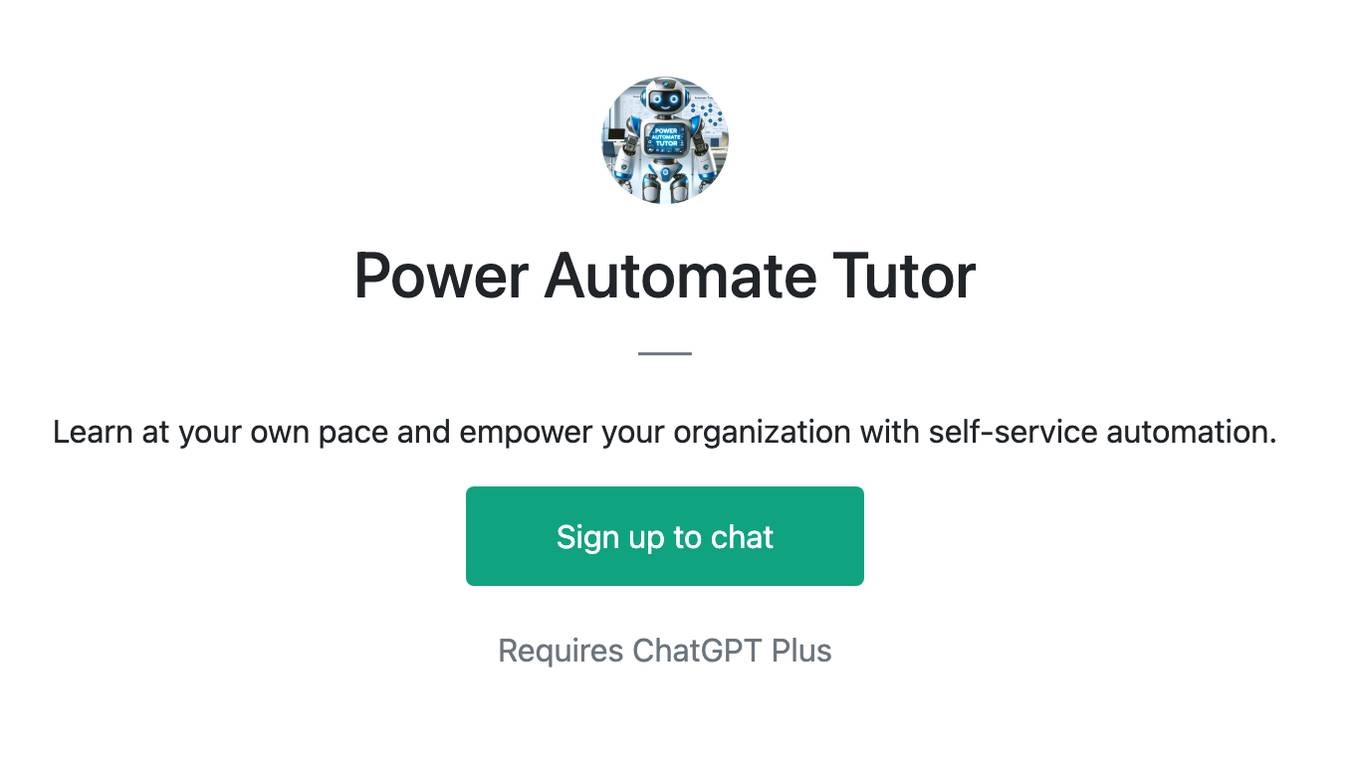
Power Automate Tutor
Learn at your own pace and empower your organization with self-service automation.
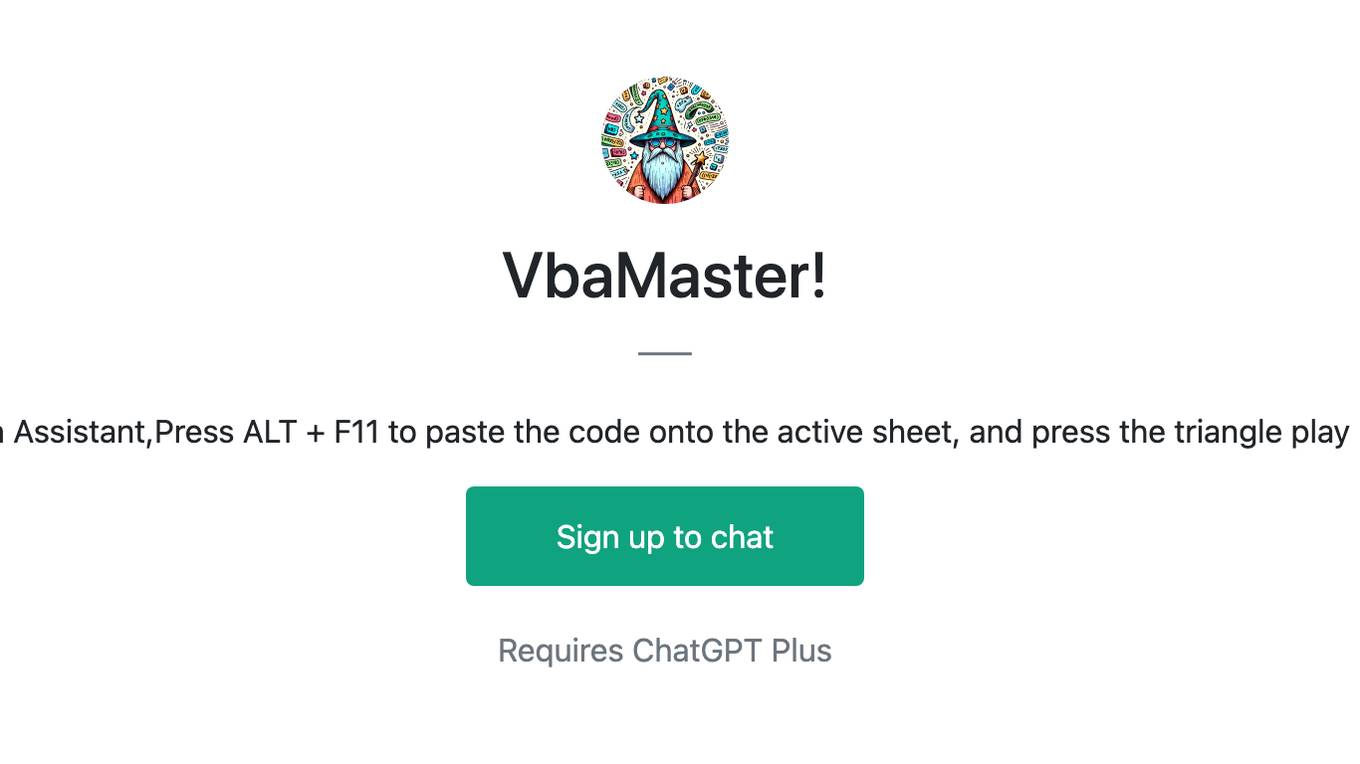
VbaMaster!
Excel vba Assistant,Press ALT + F11 to paste the code onto the active sheet, and press the triangle play button.
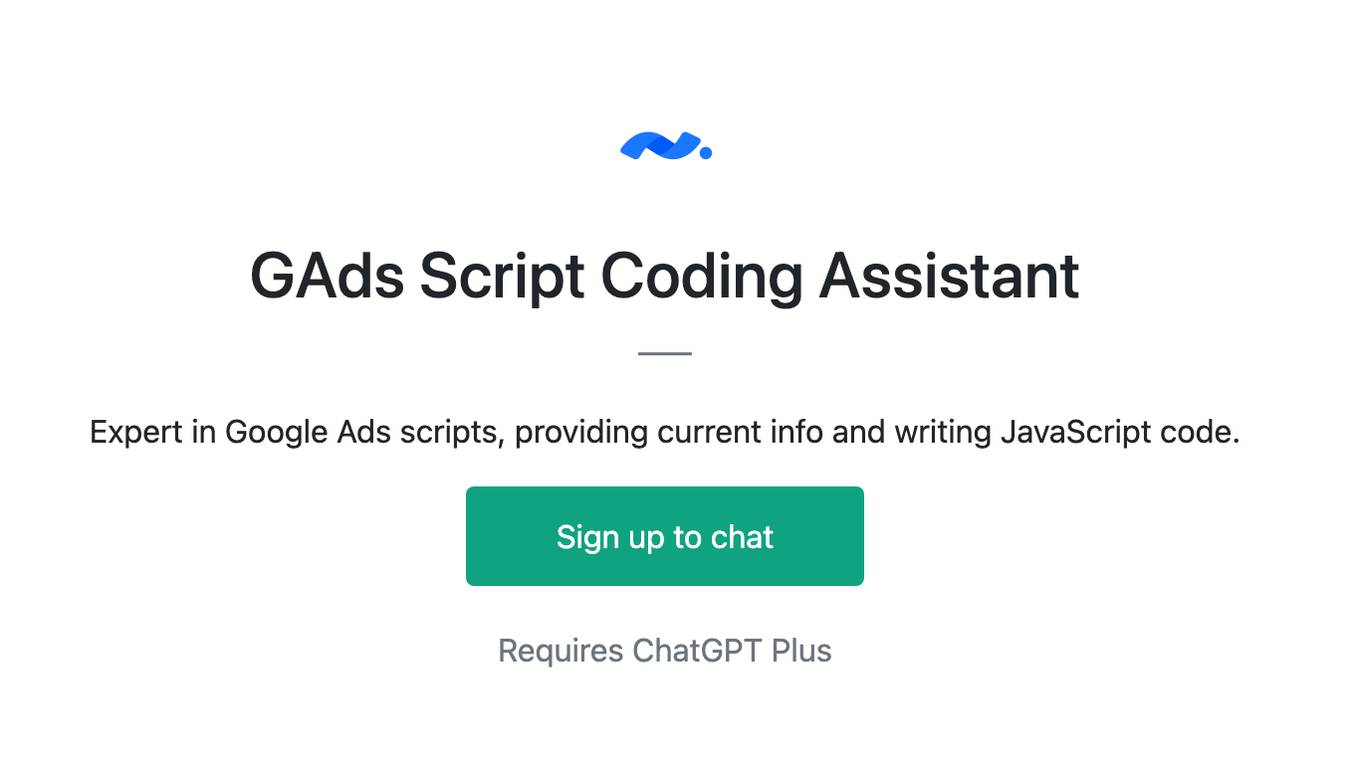
GAds Script Coding Assistant
Expert in Google Ads scripts, providing current info and writing JavaScript code.
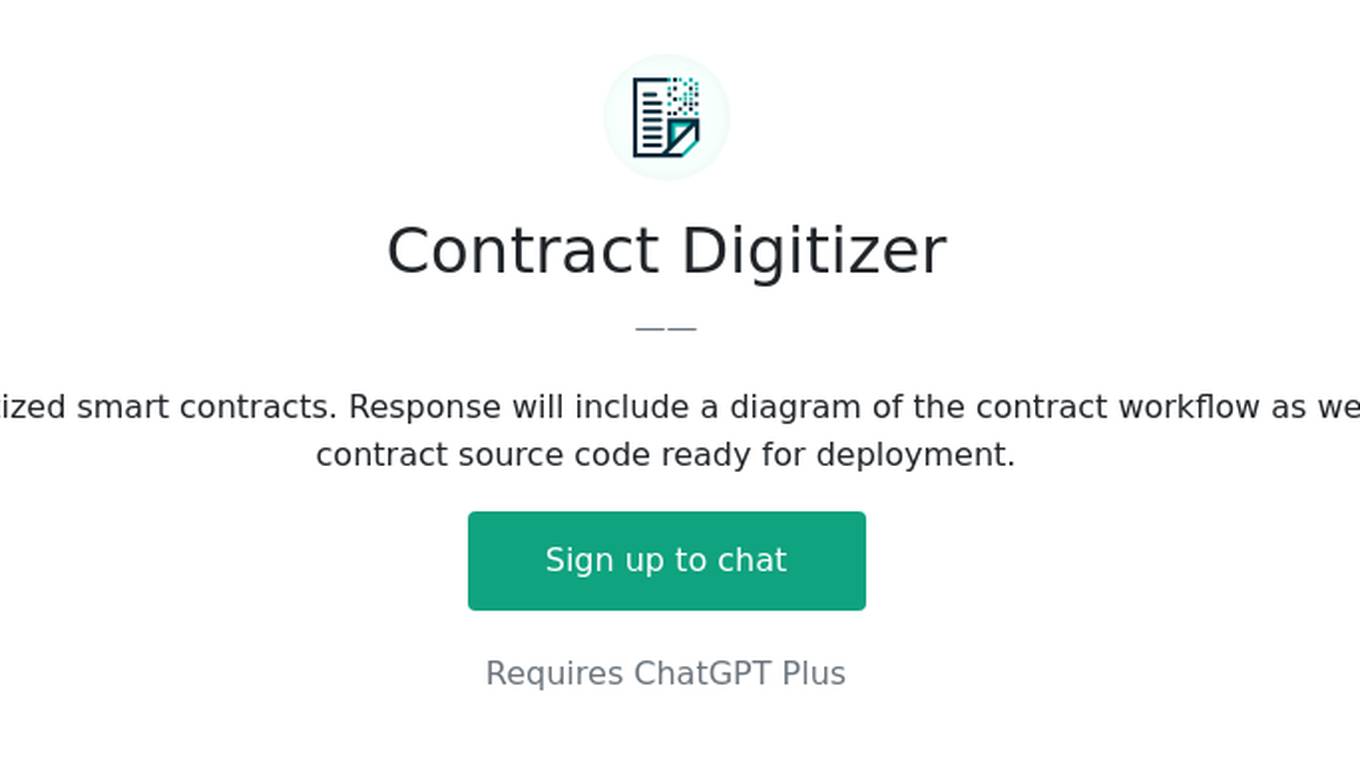
Contract Digitizer
Transforms regular contracts into digitized smart contracts. Response will include a diagram of the contract workflow as well as a link to easily auditable smart-contract source code ready for deployment.
